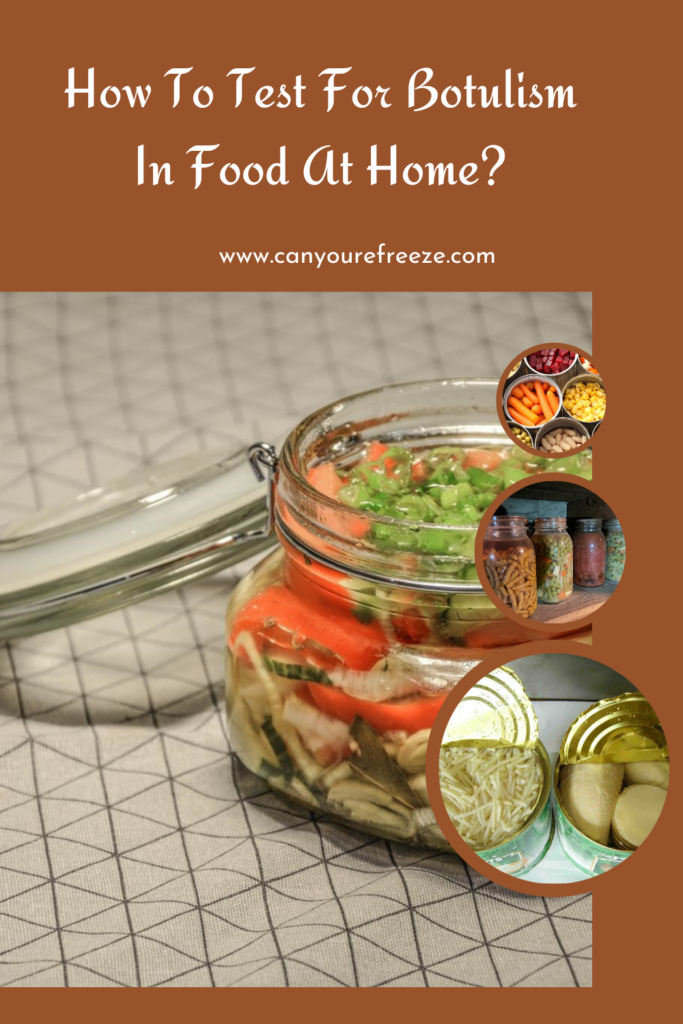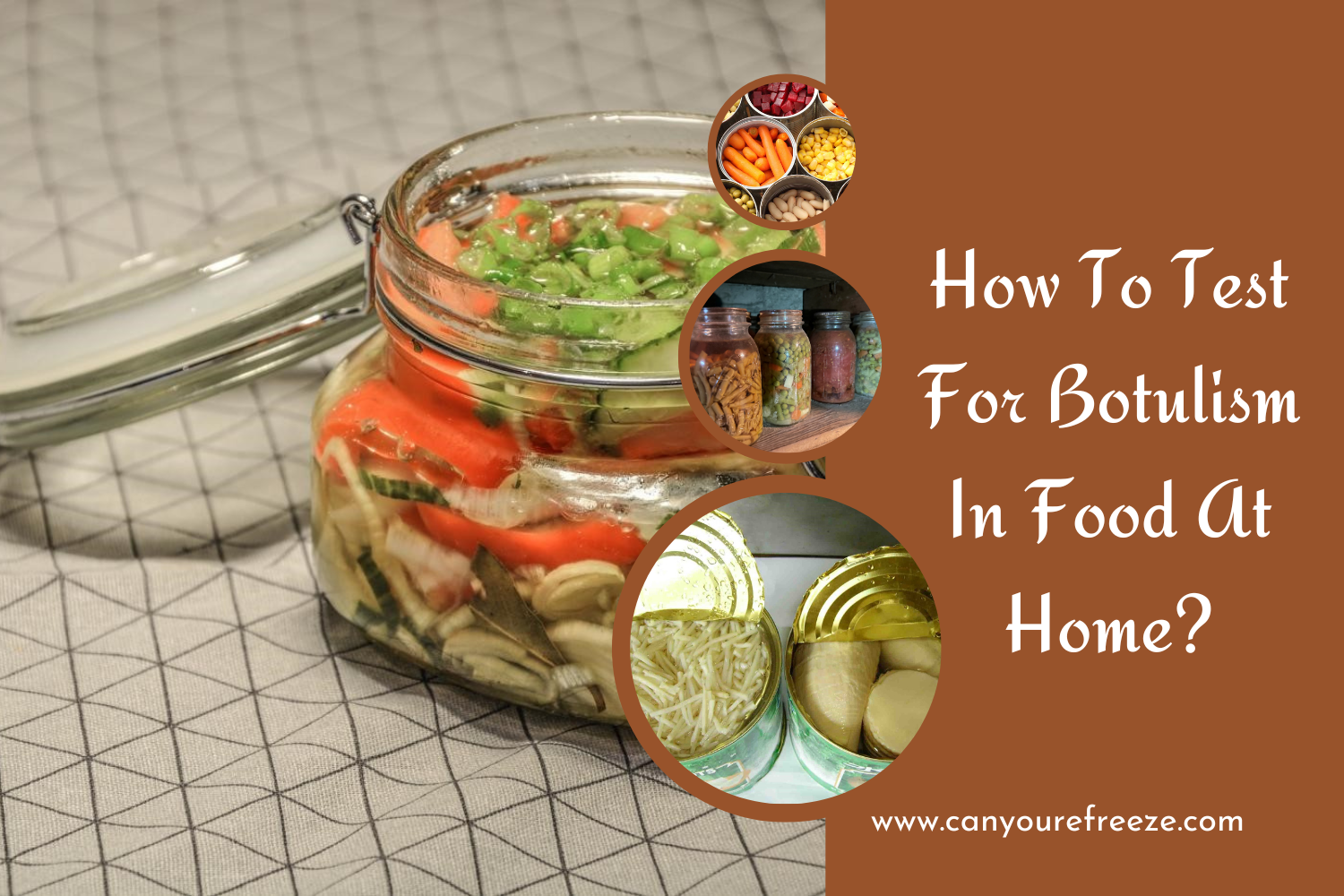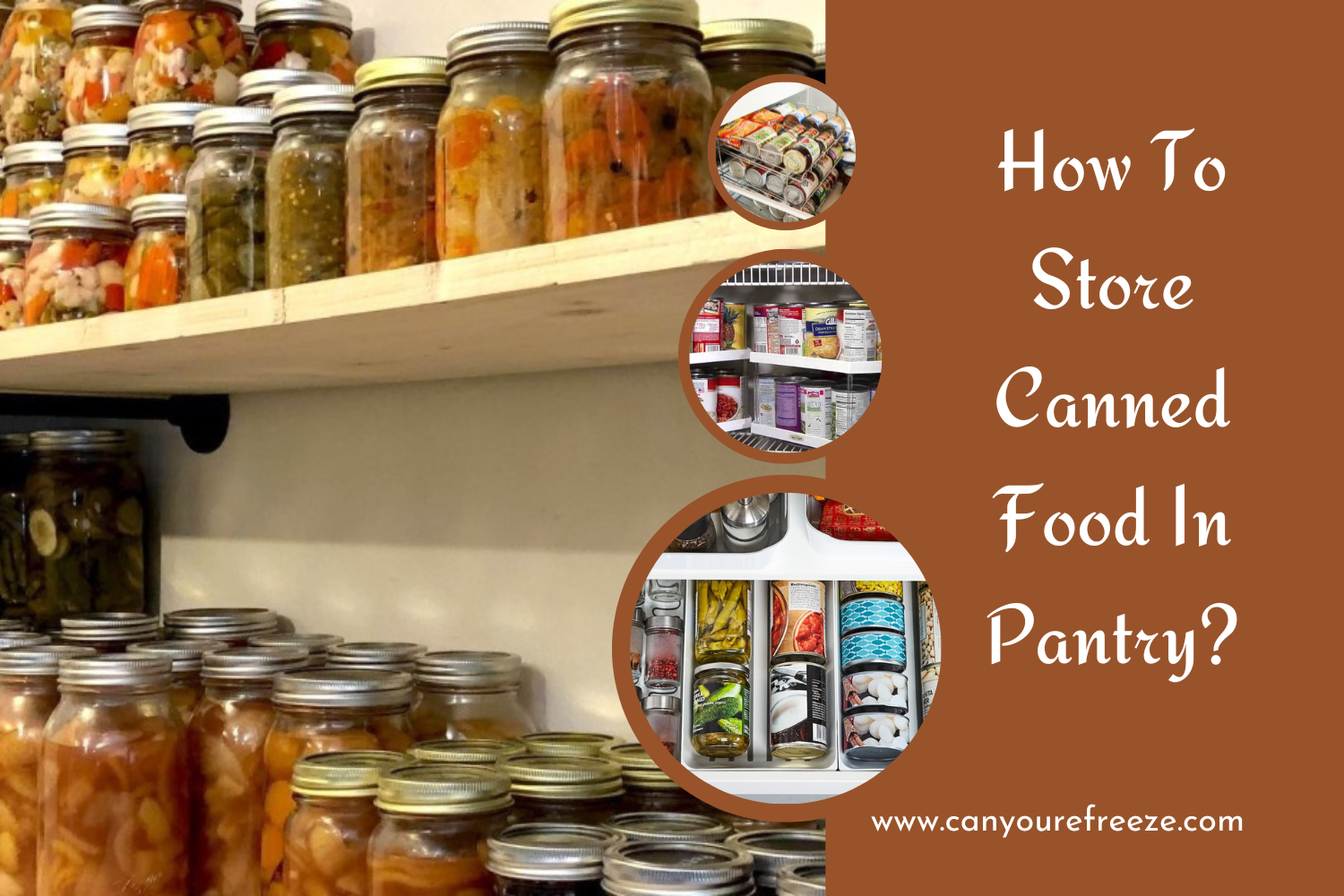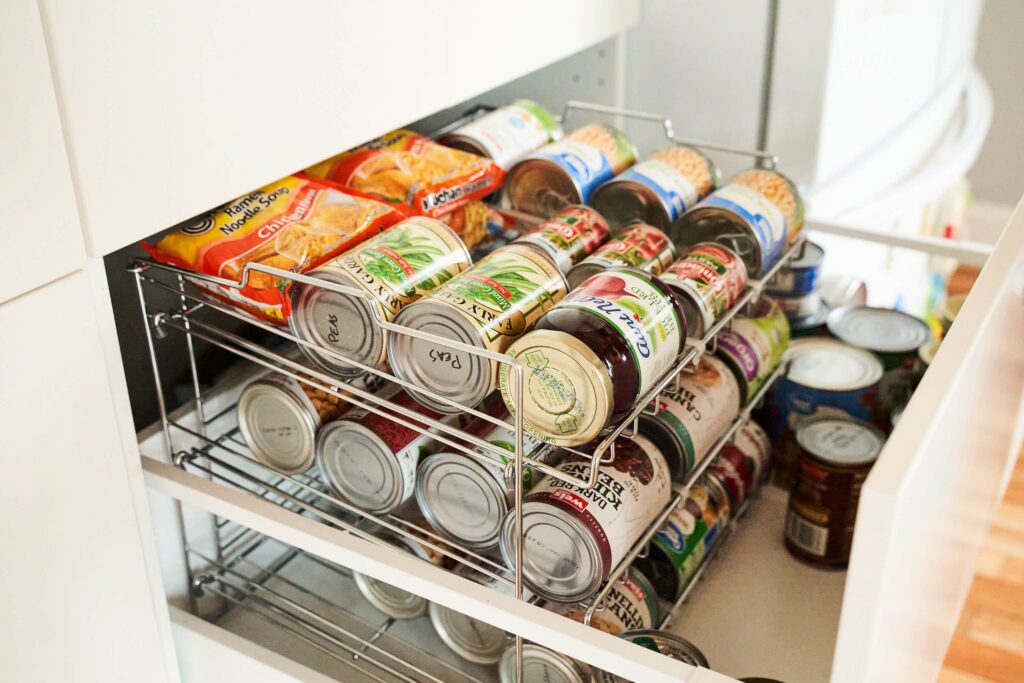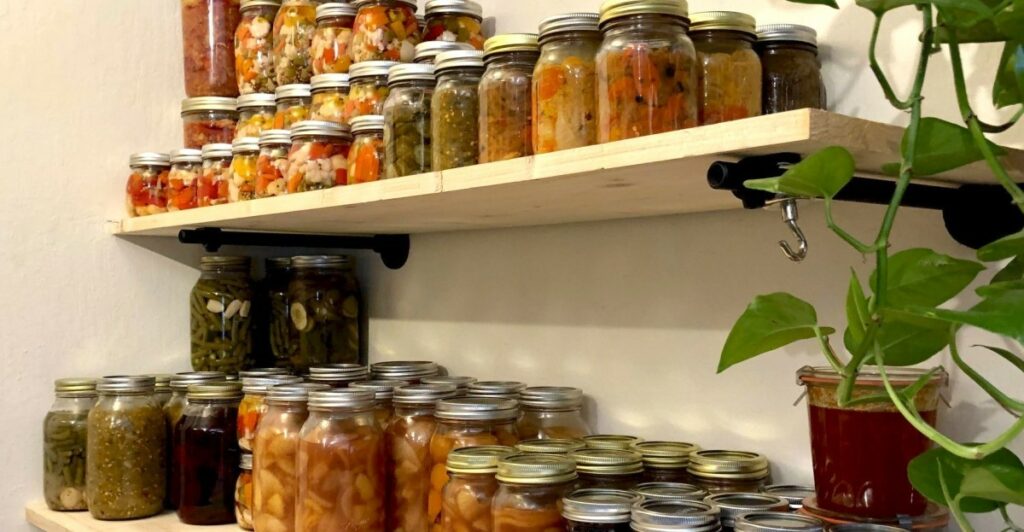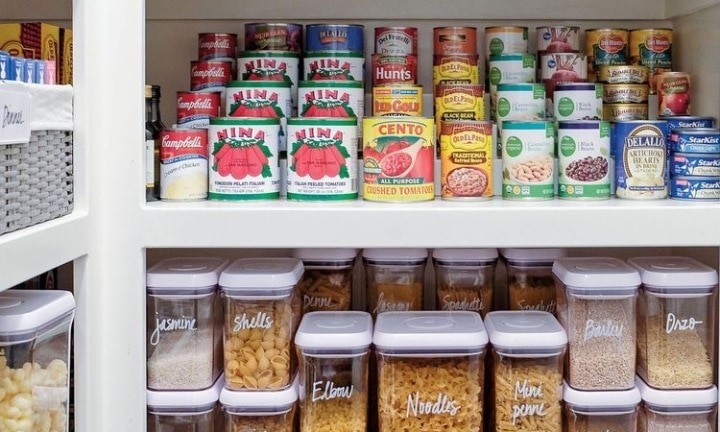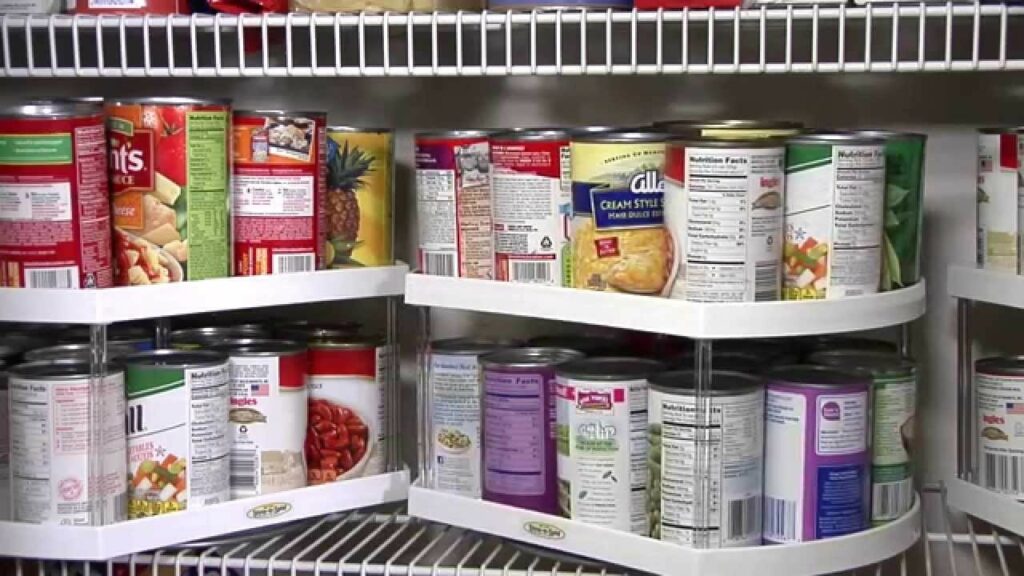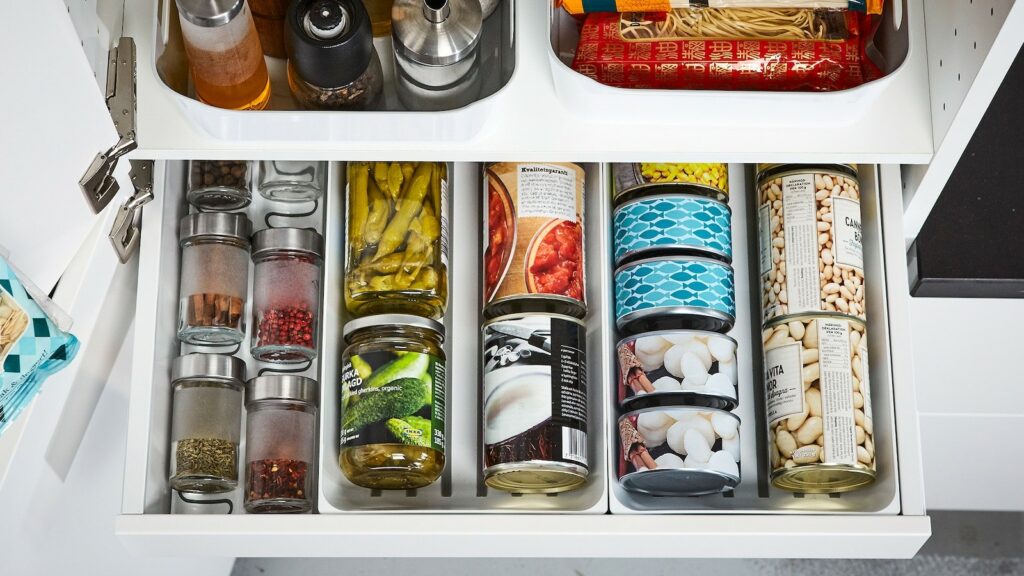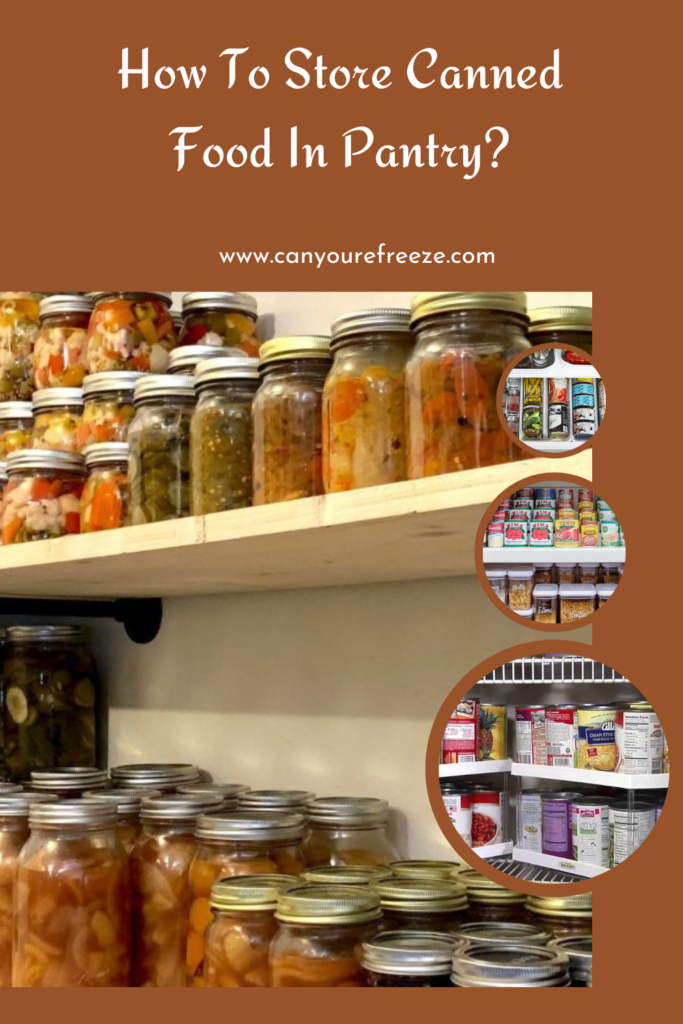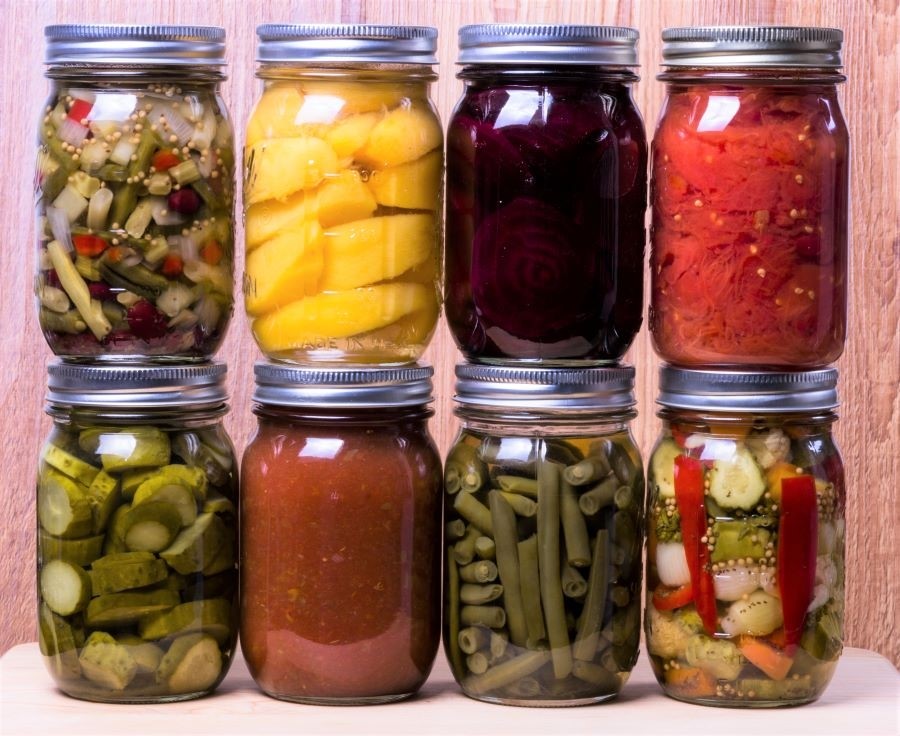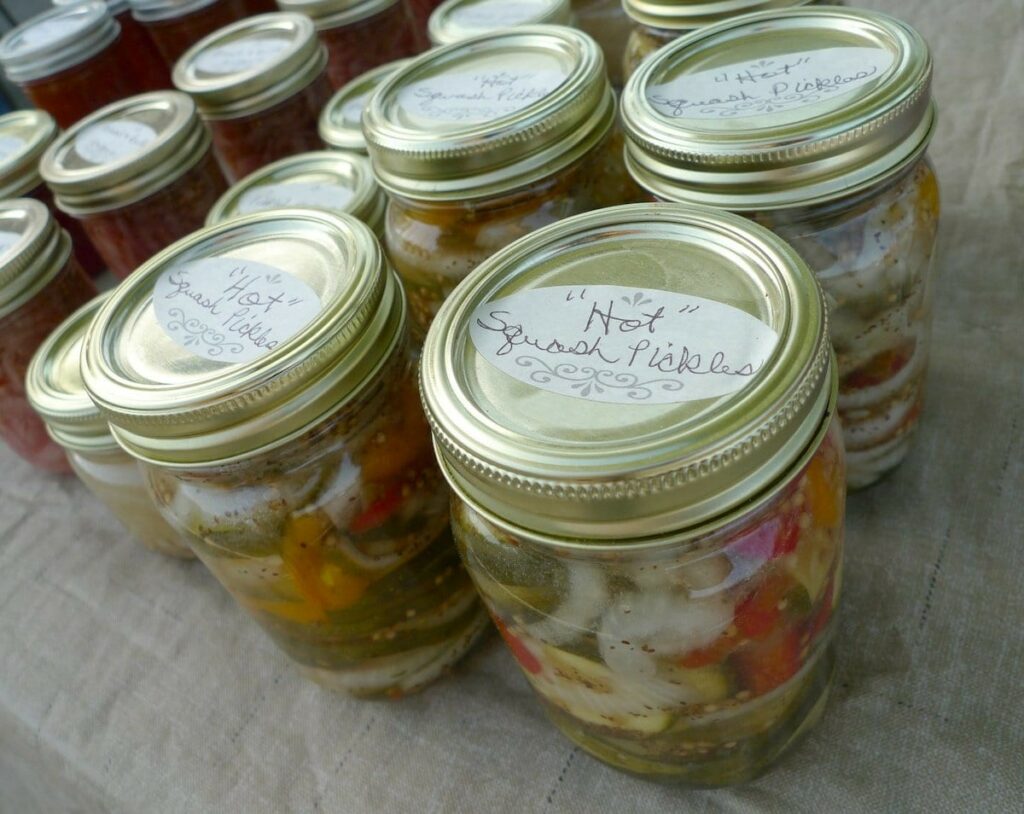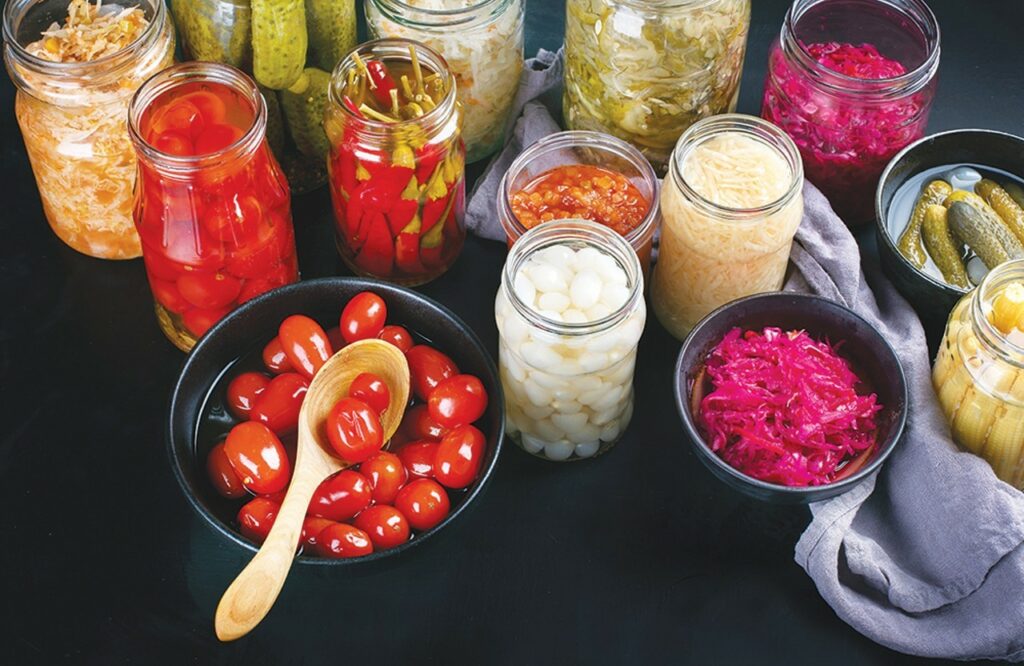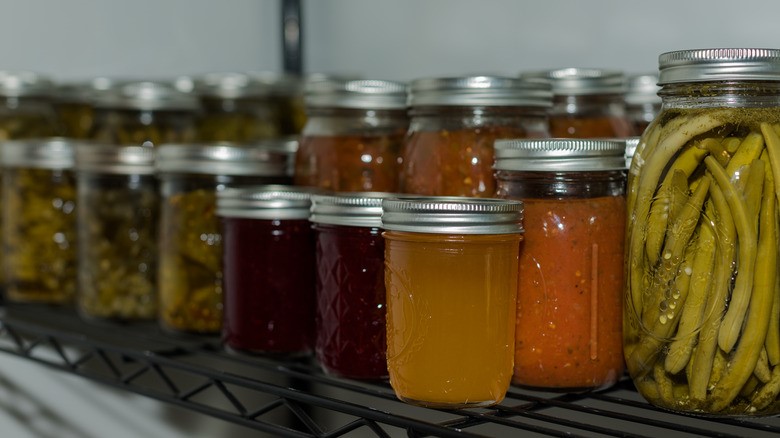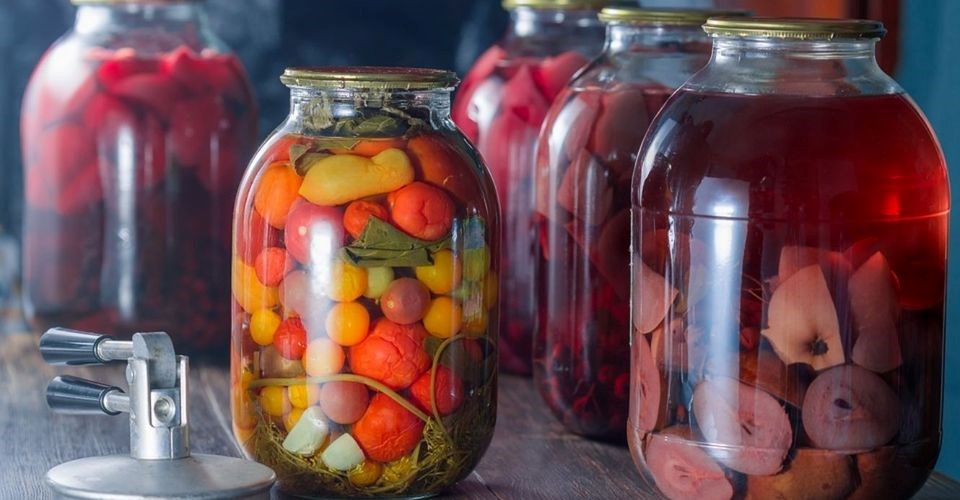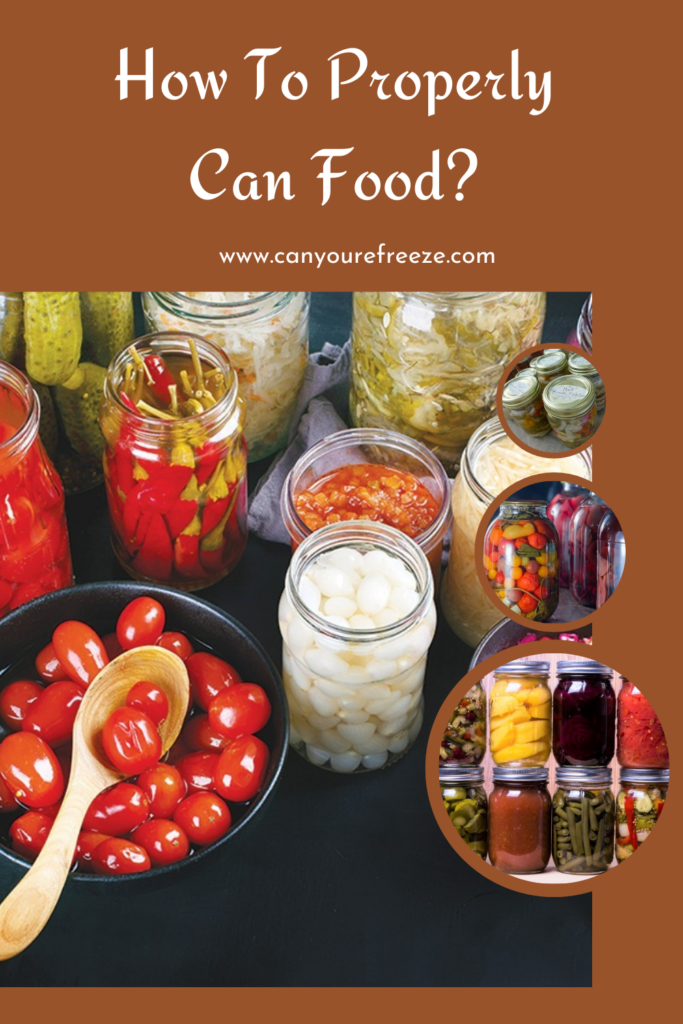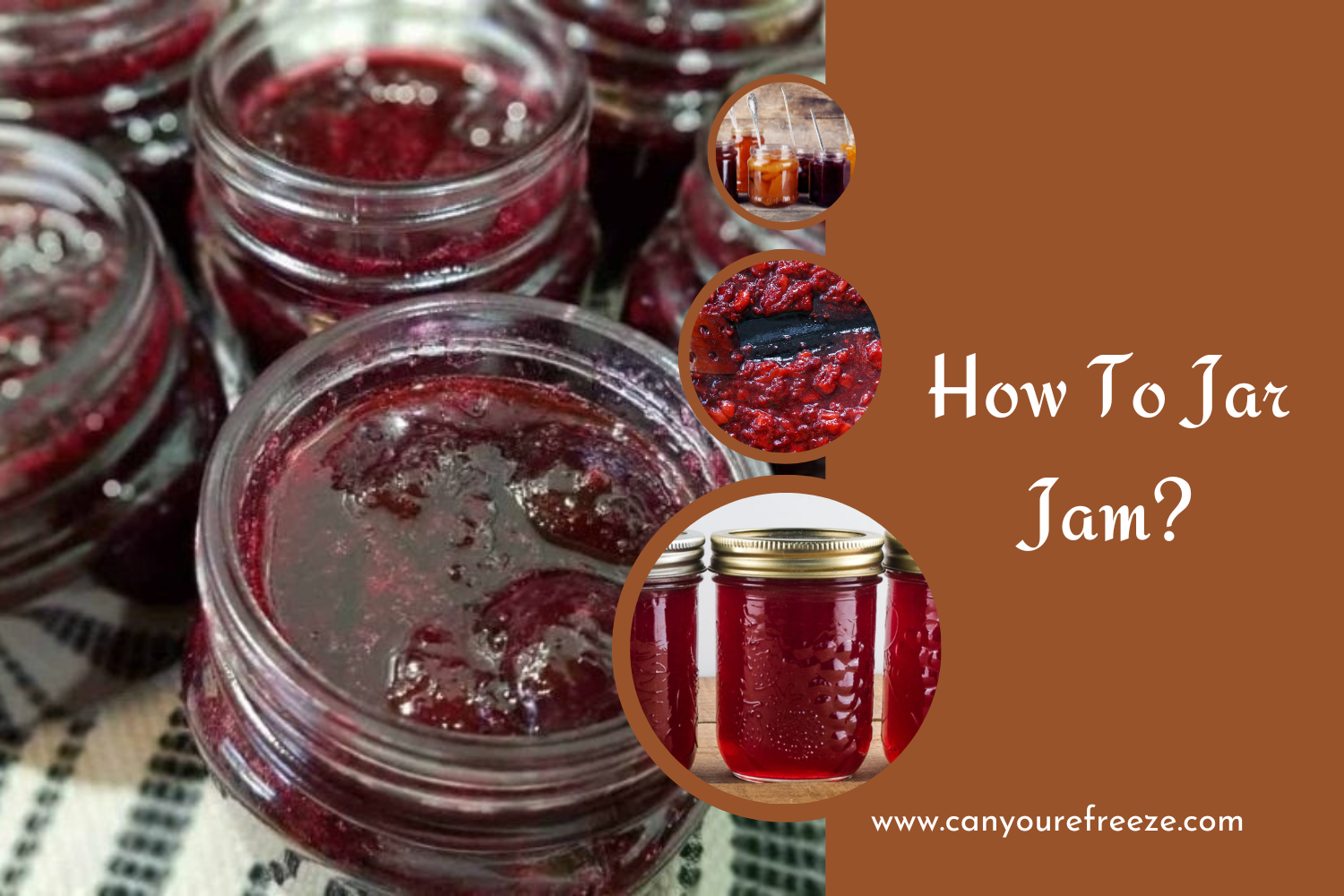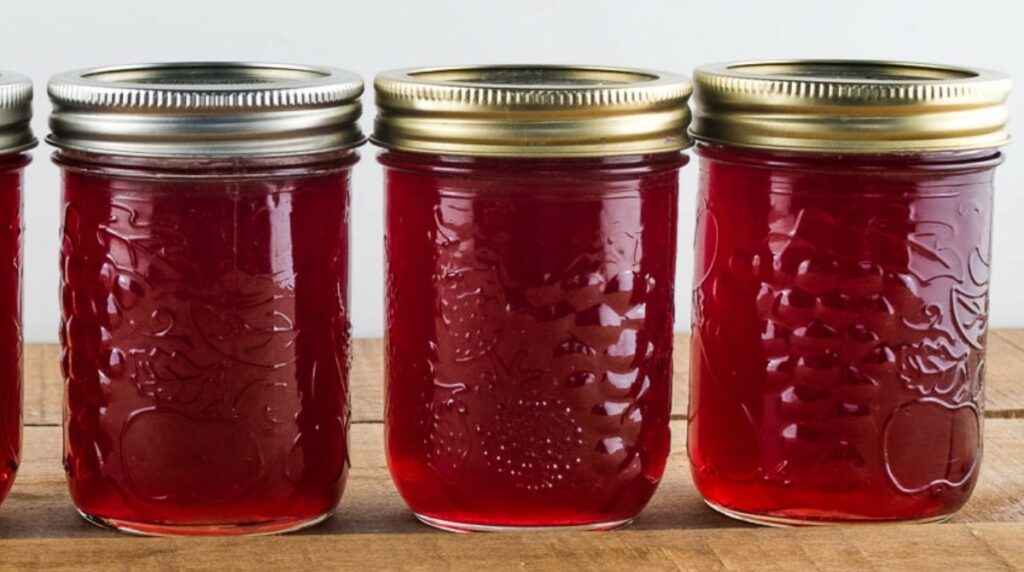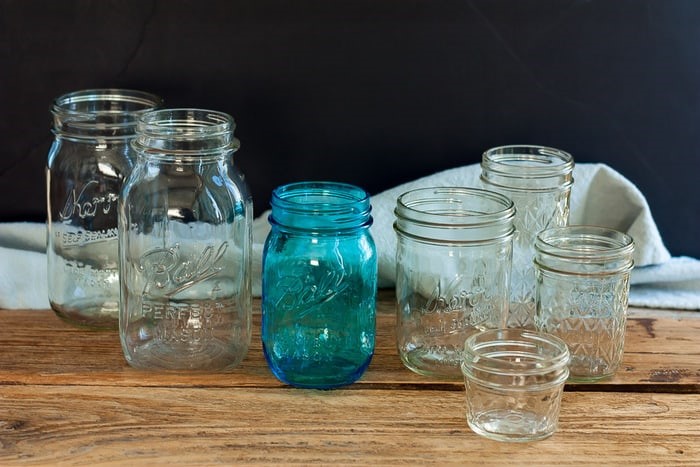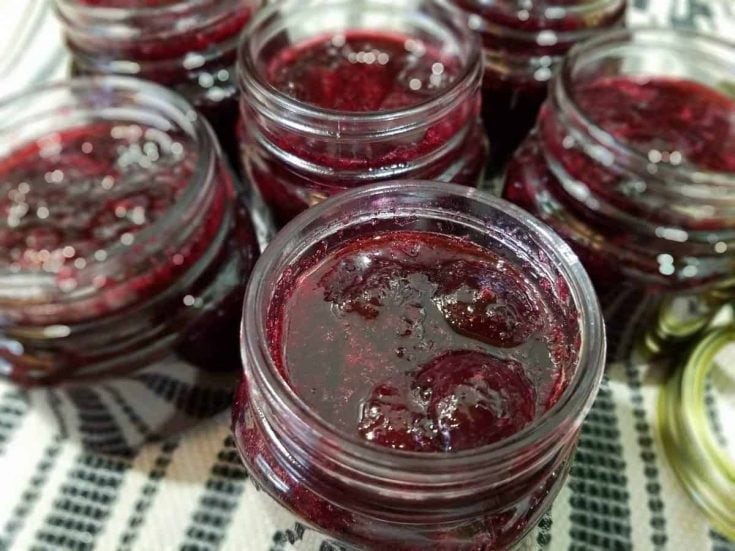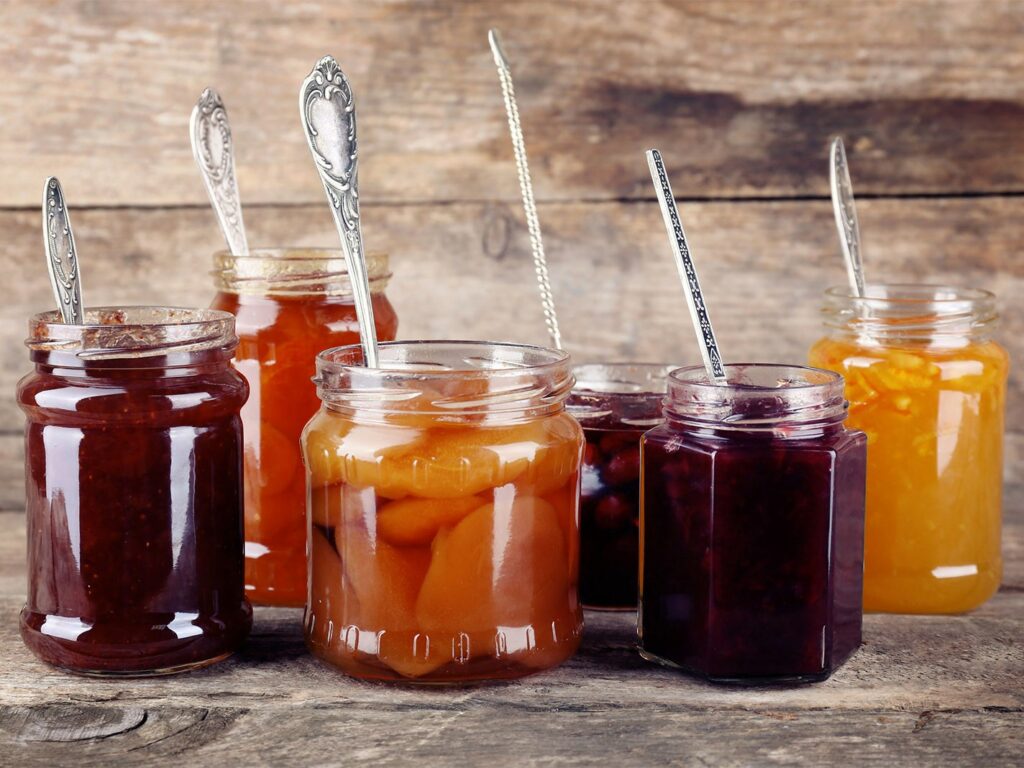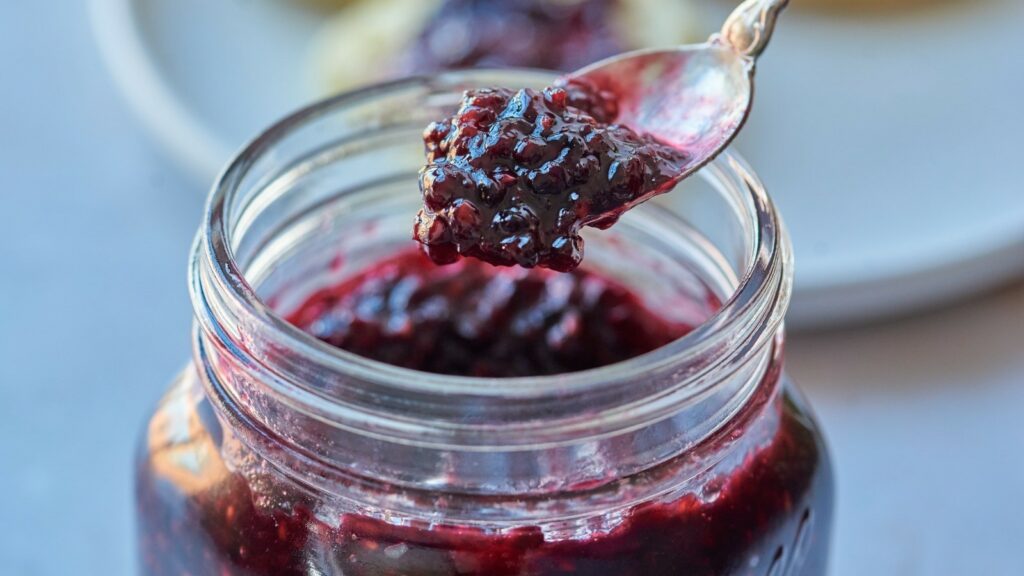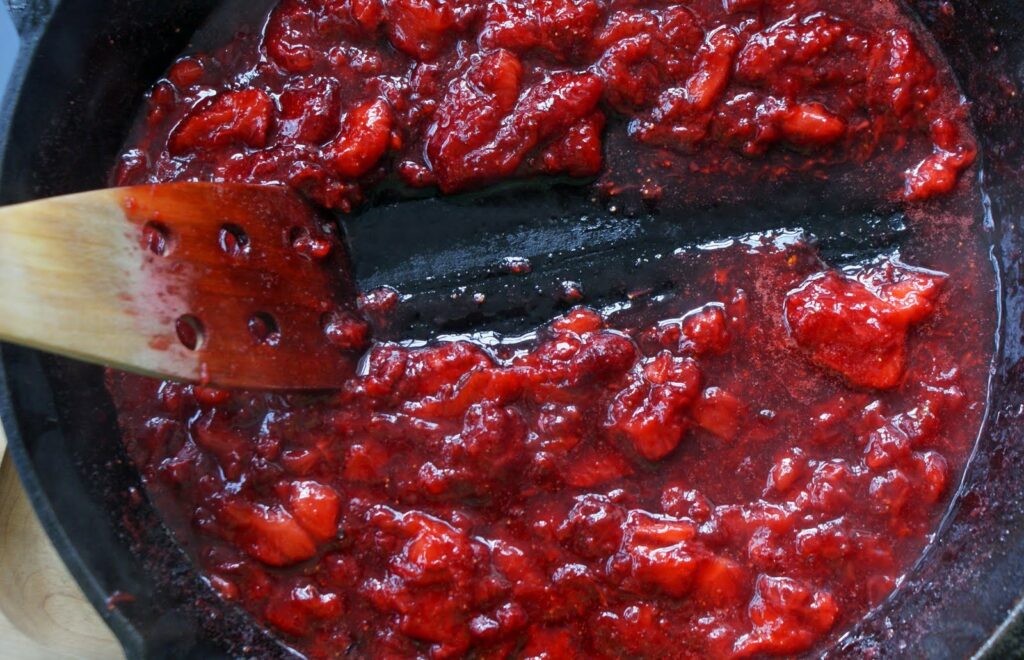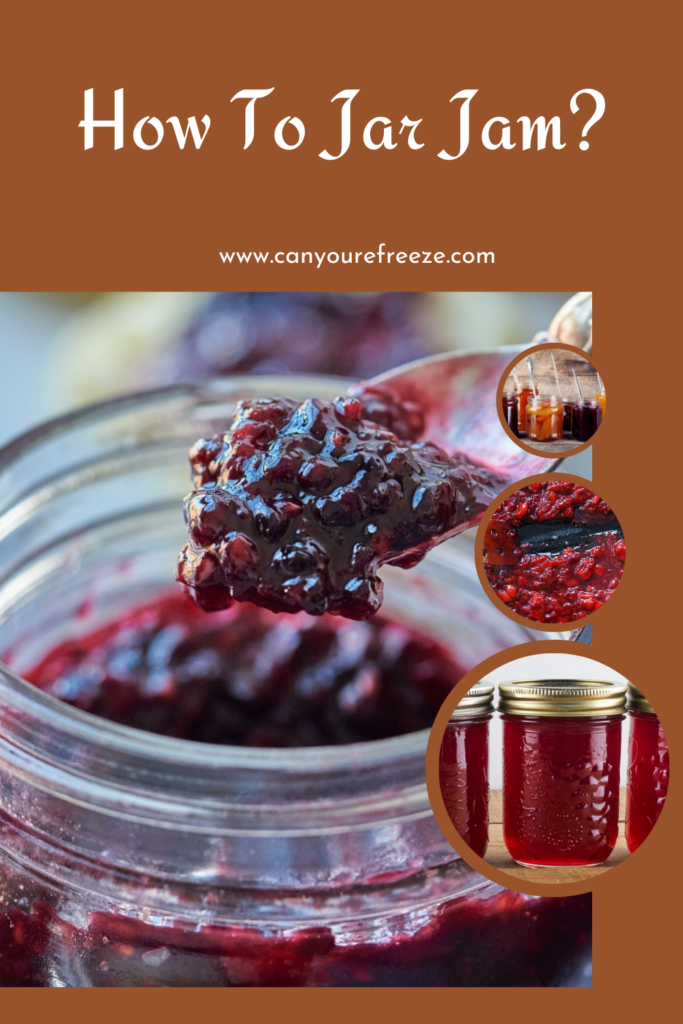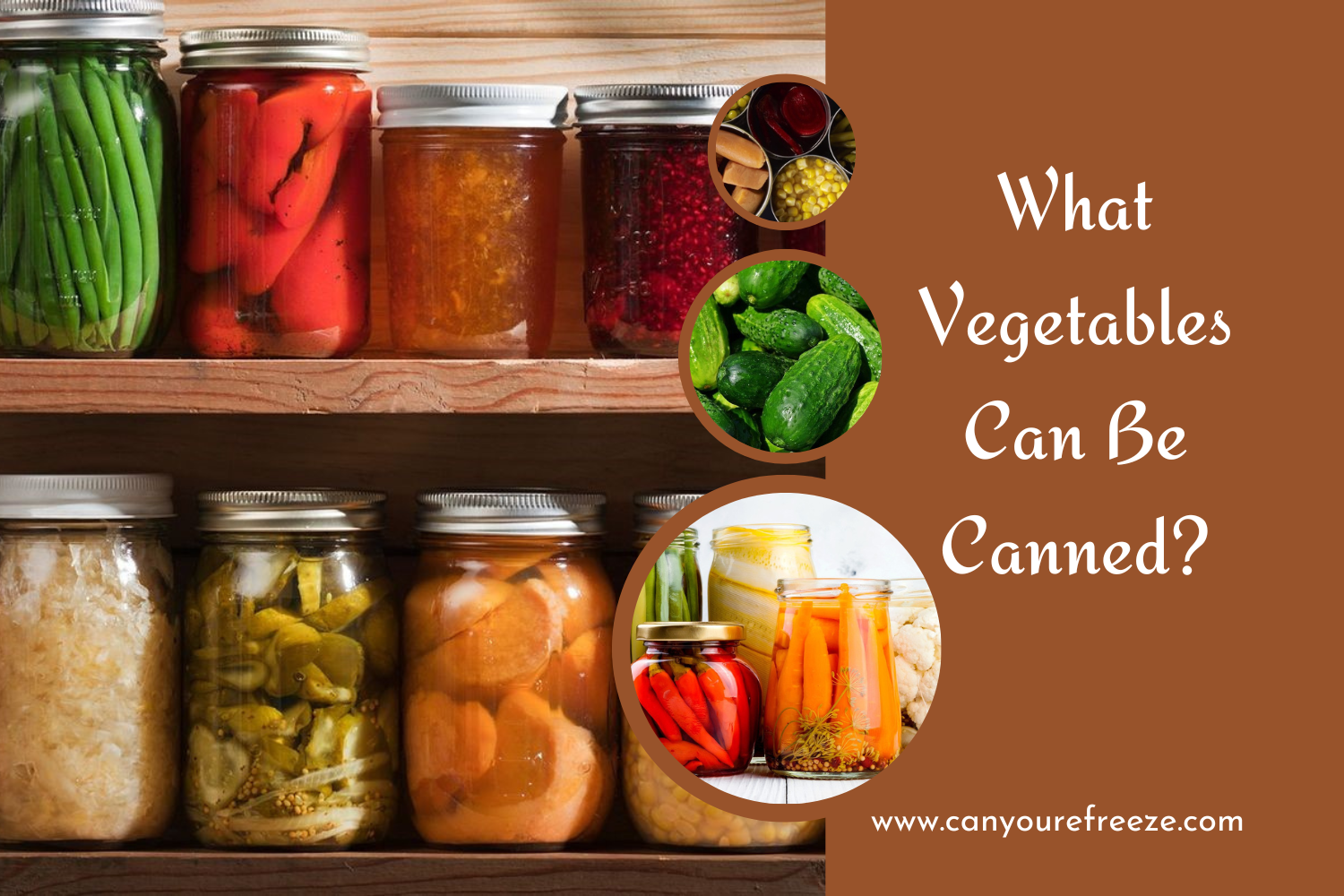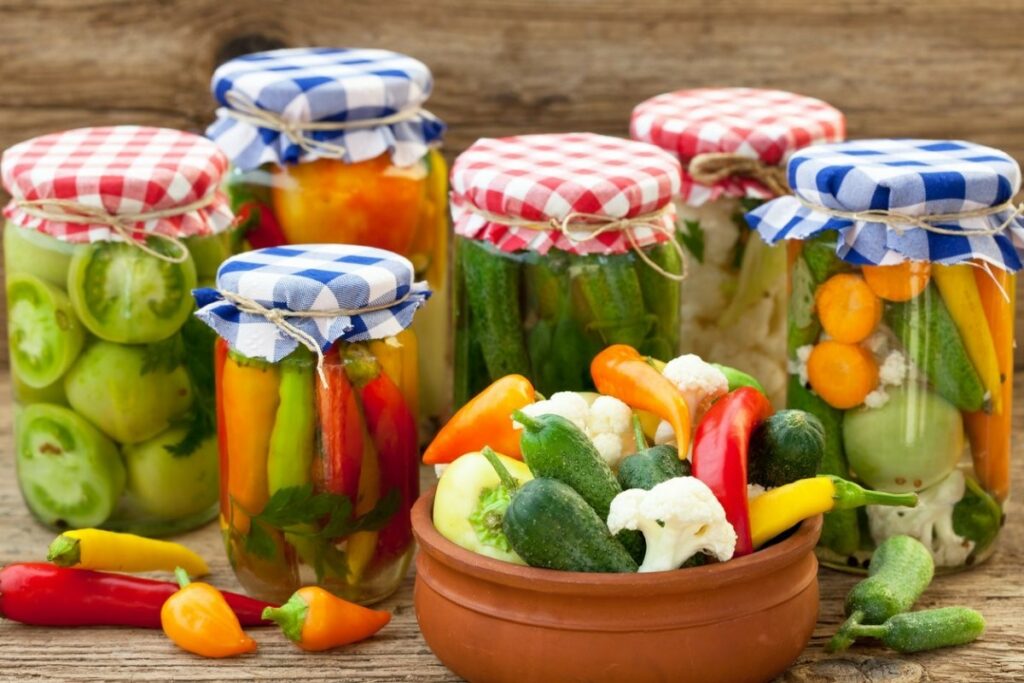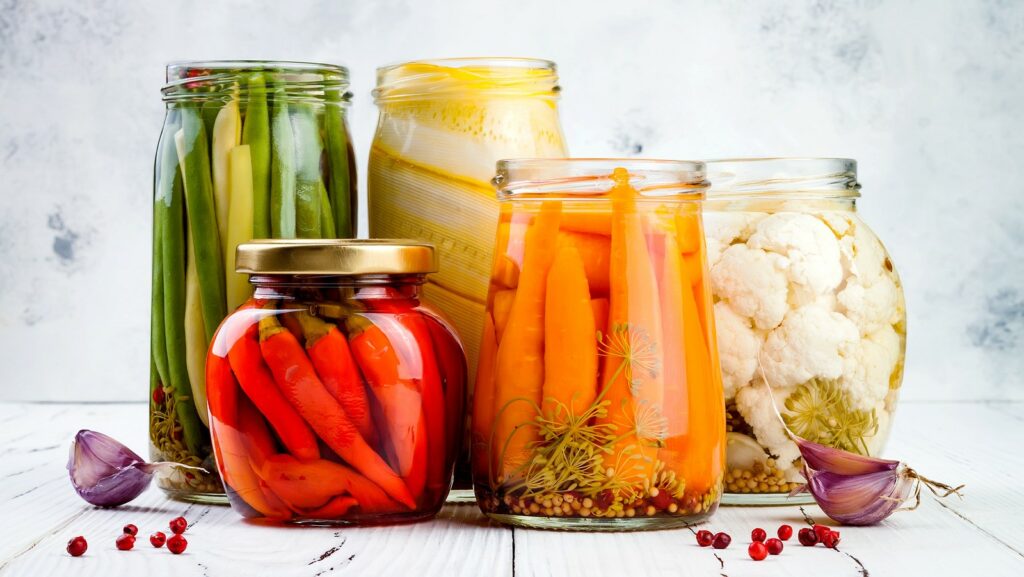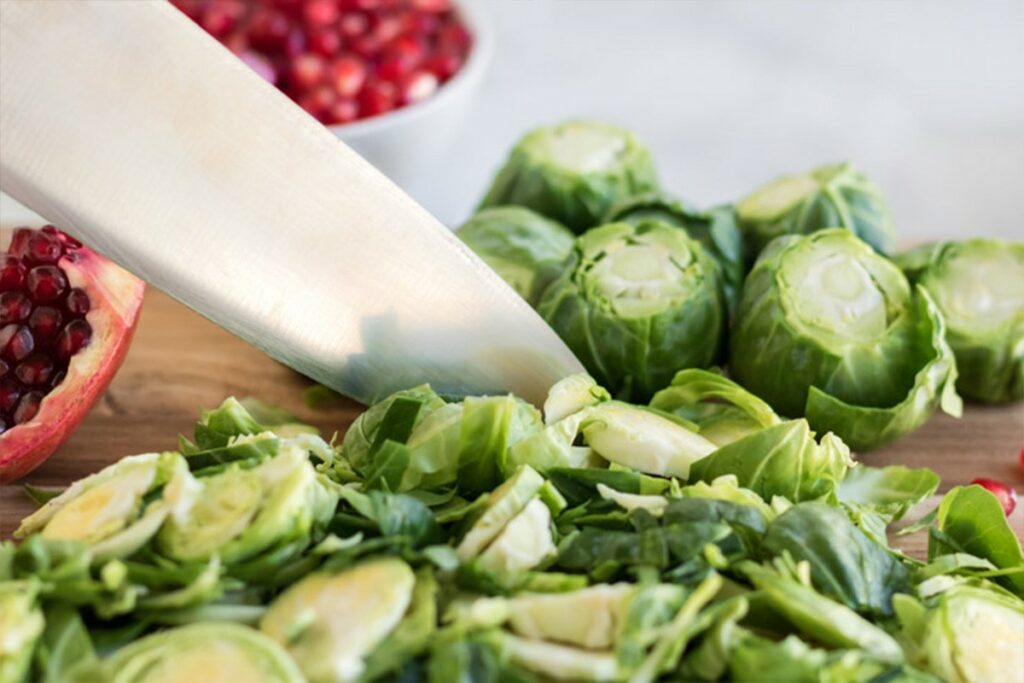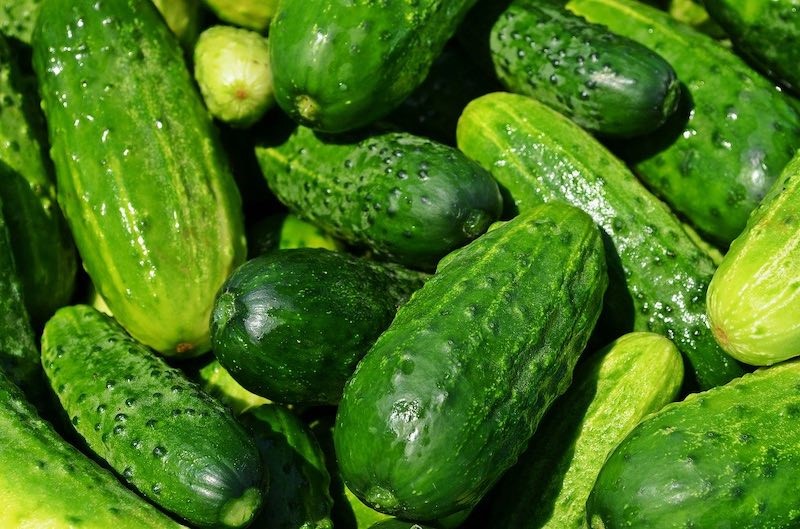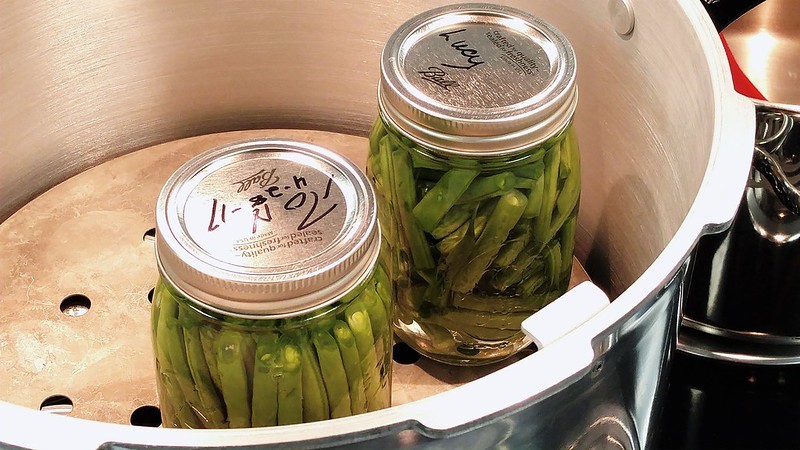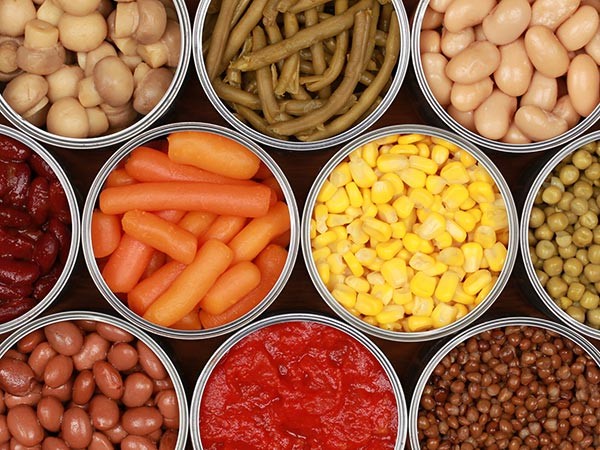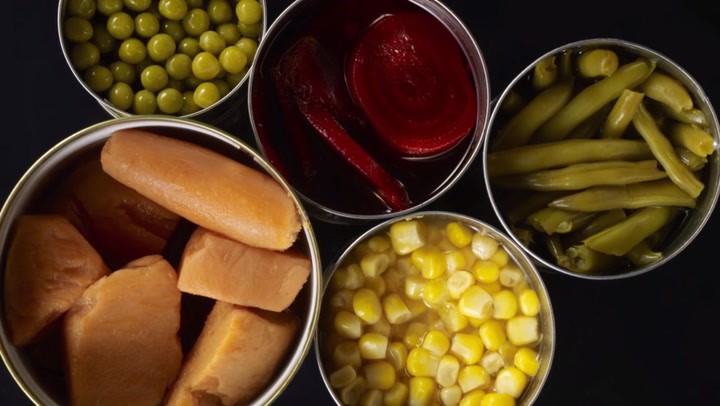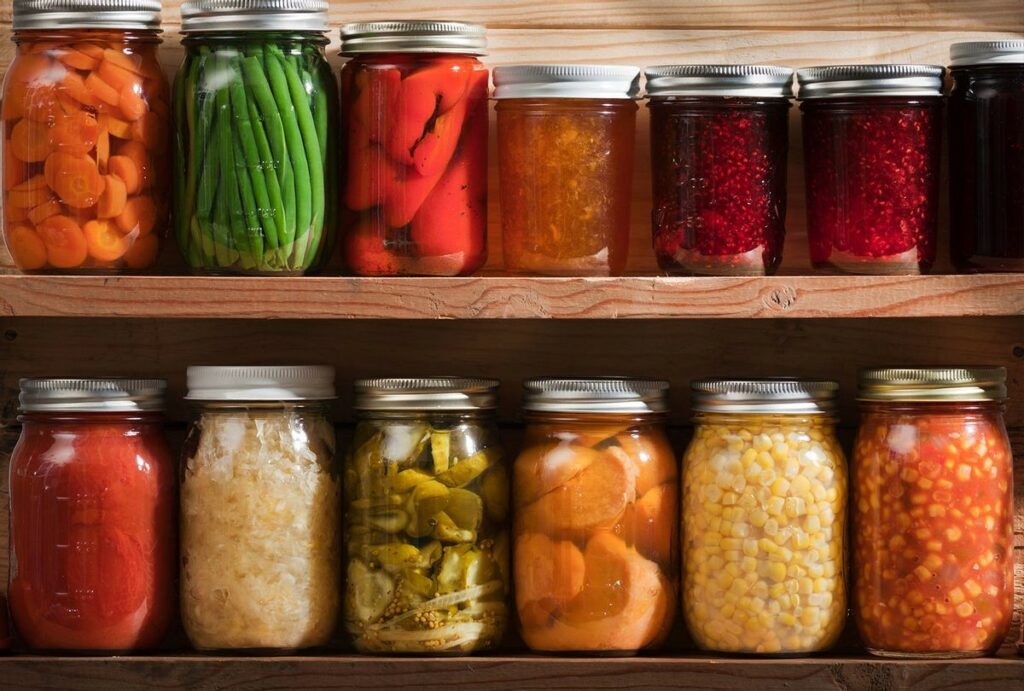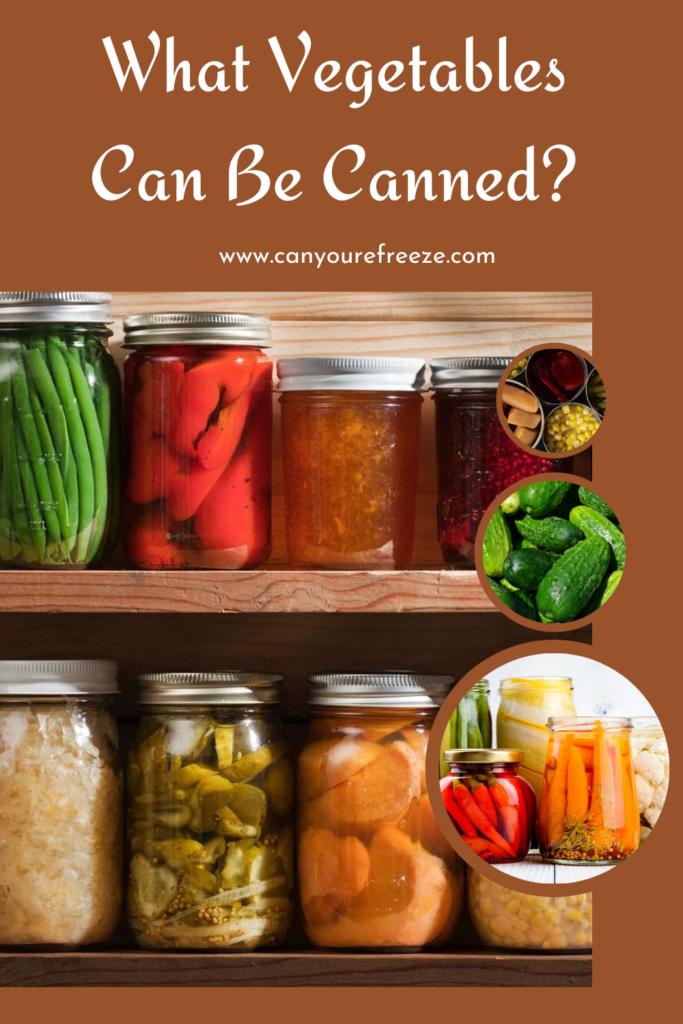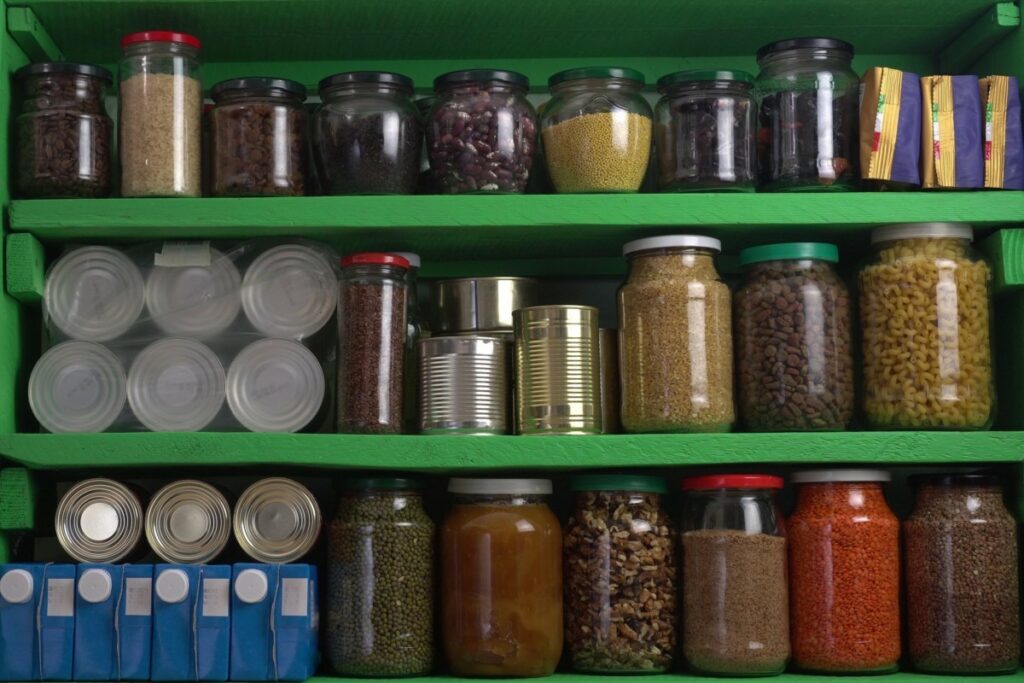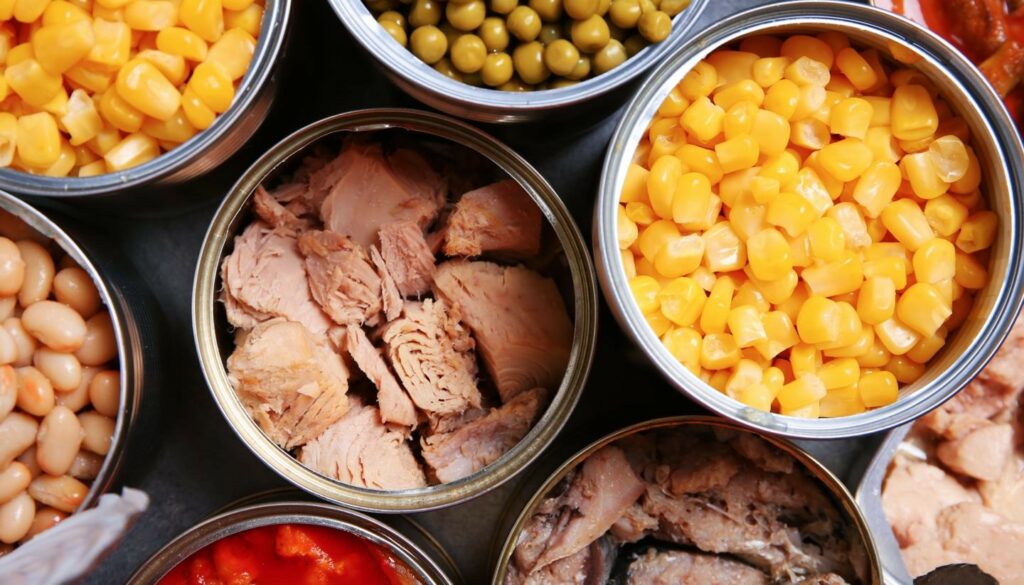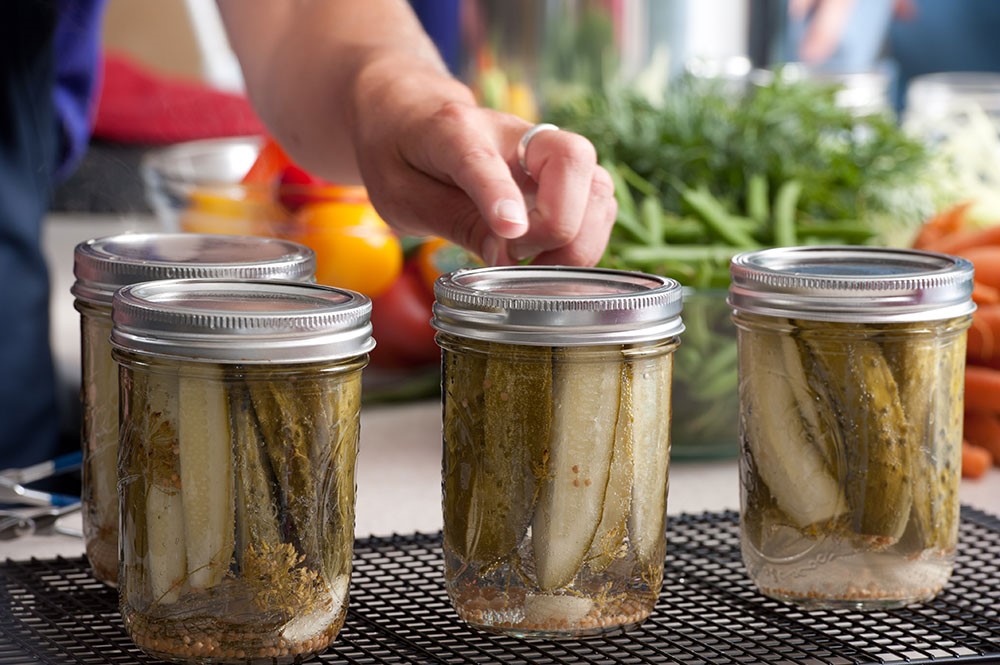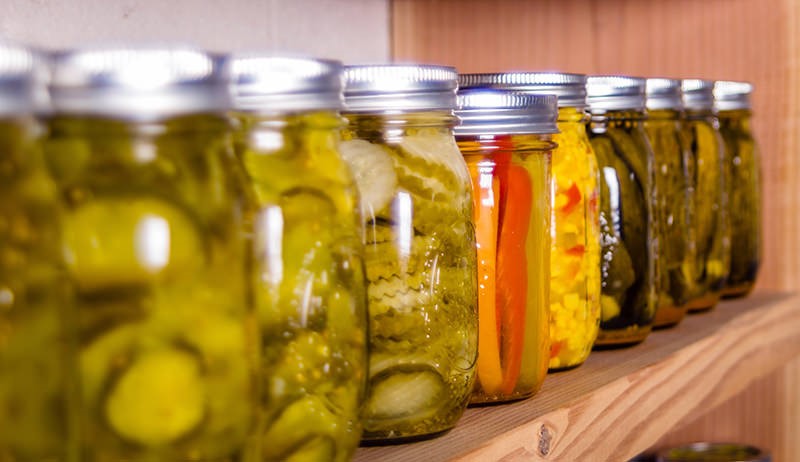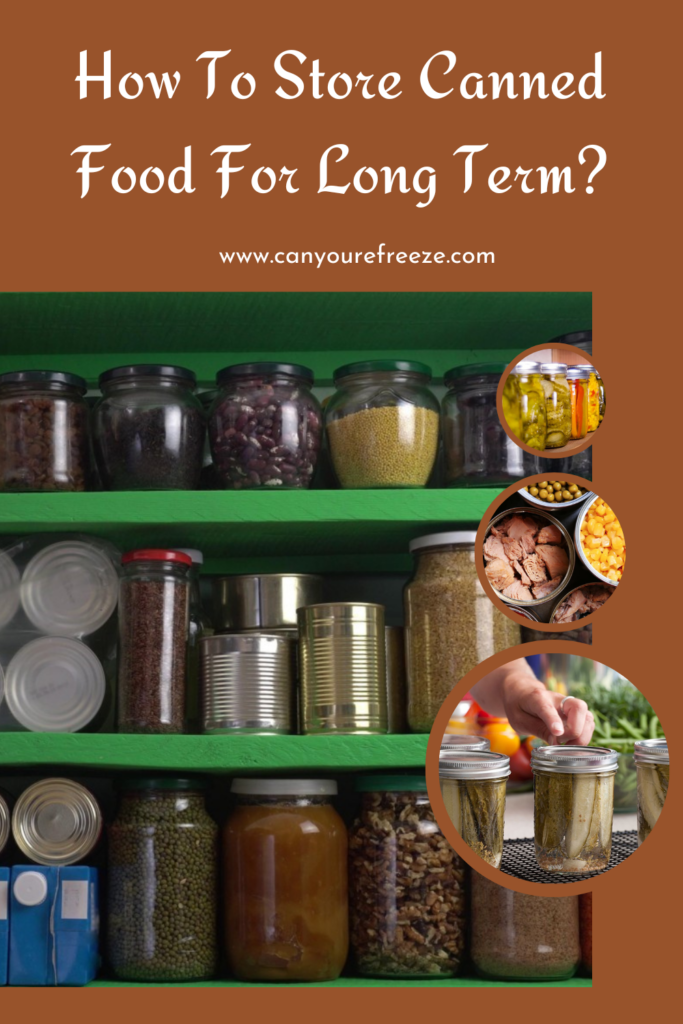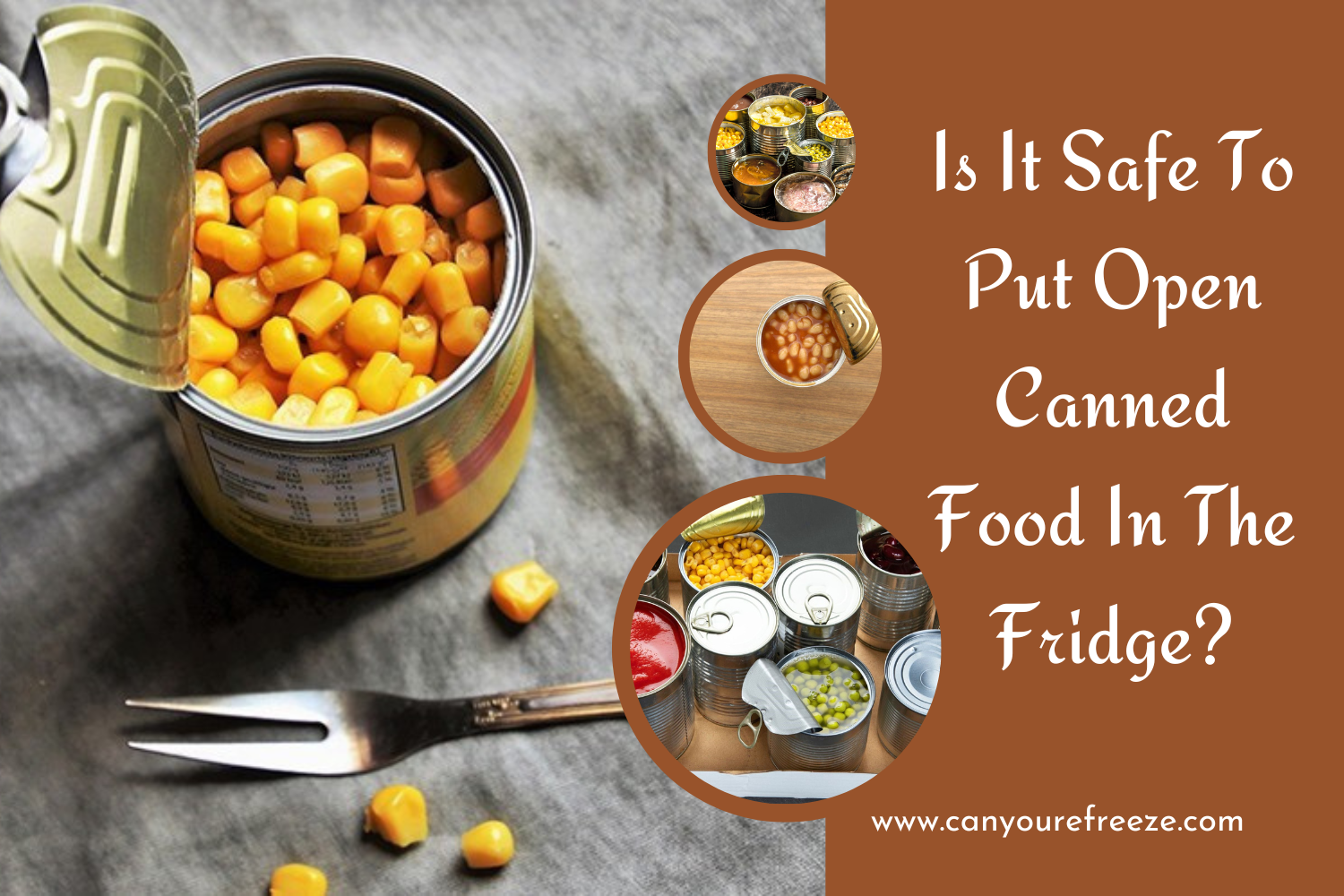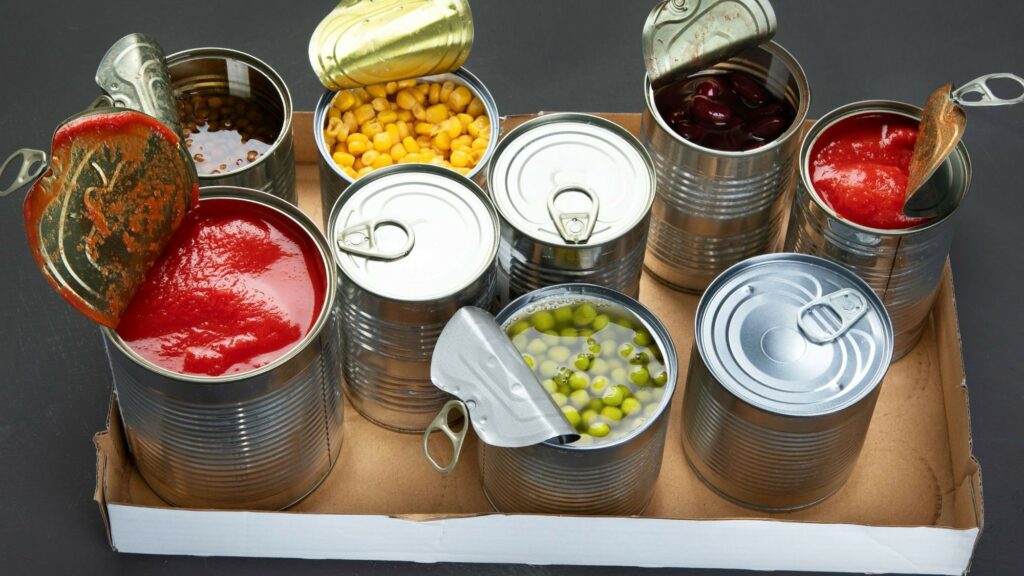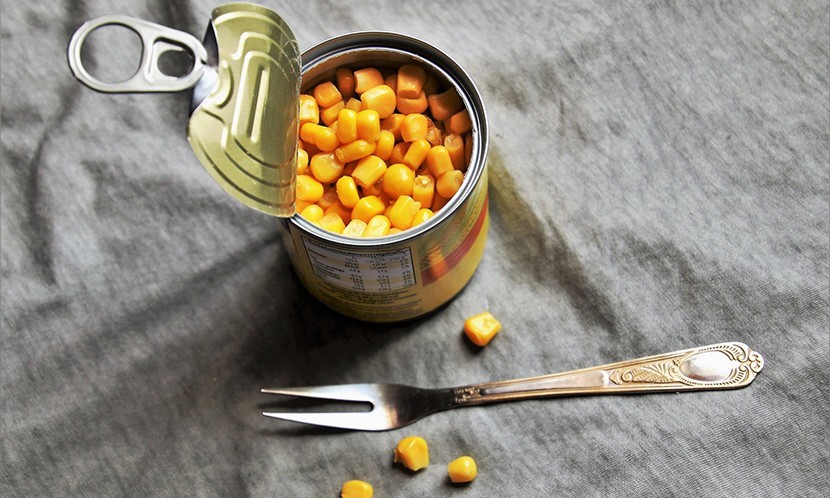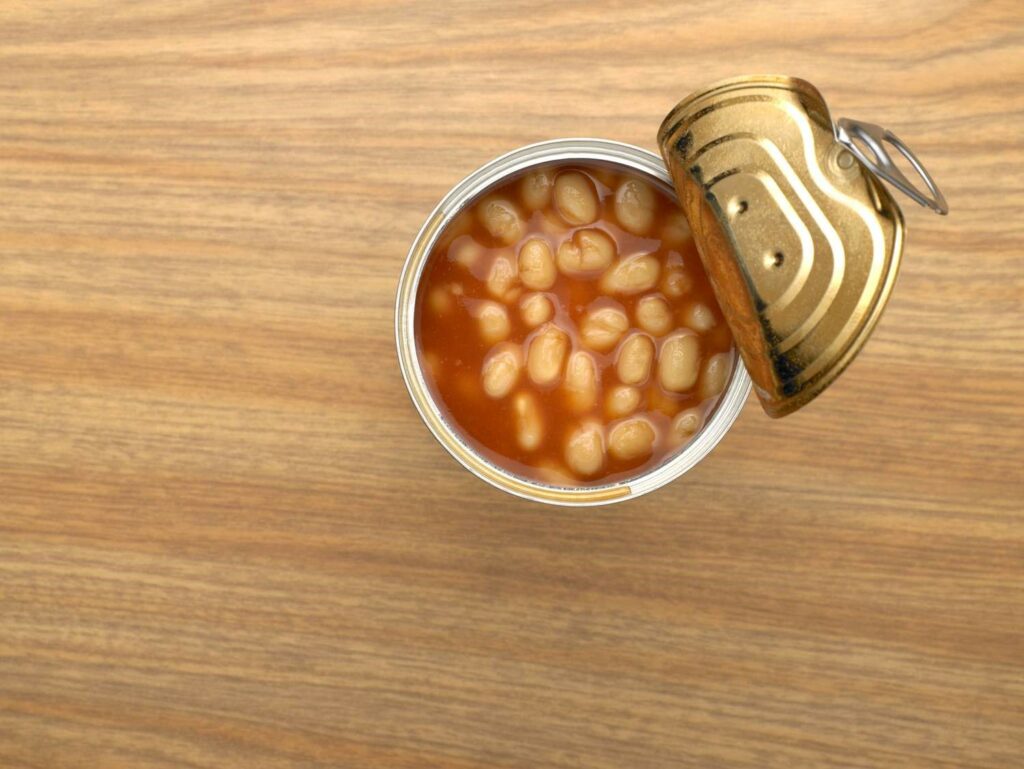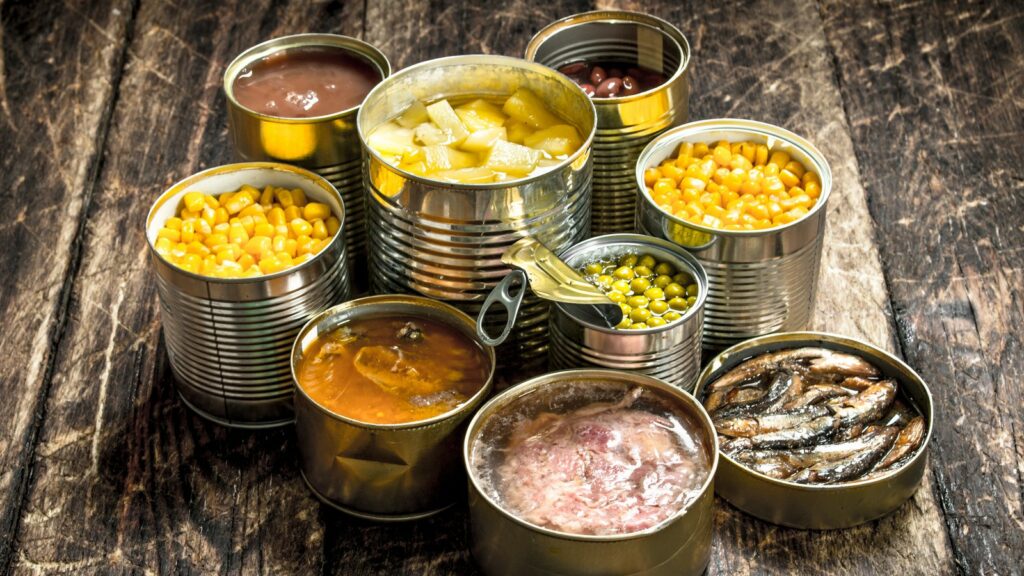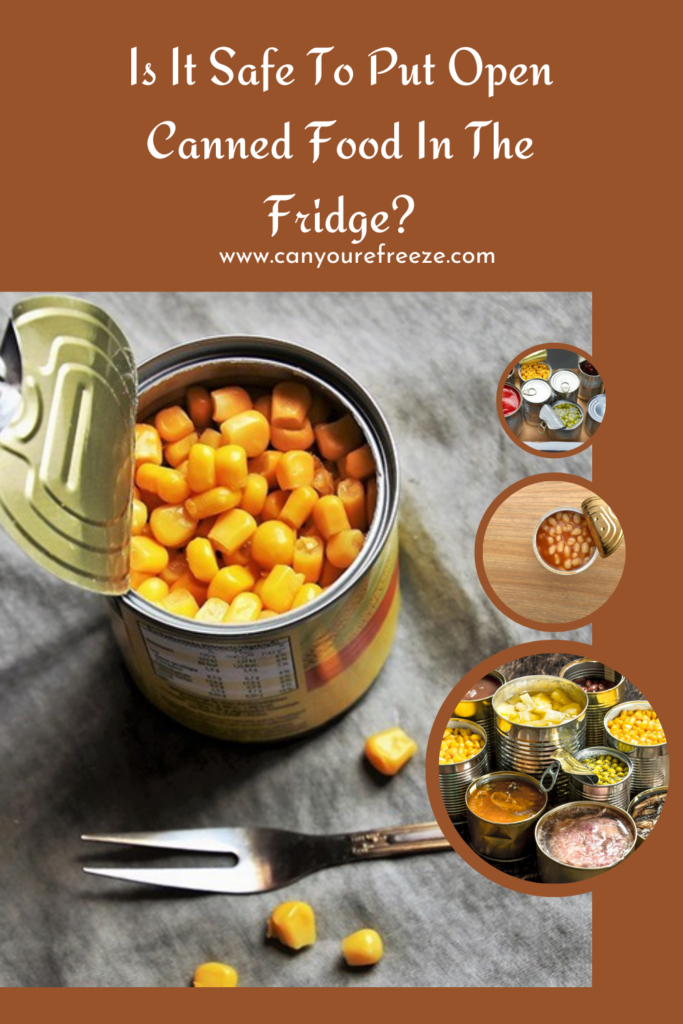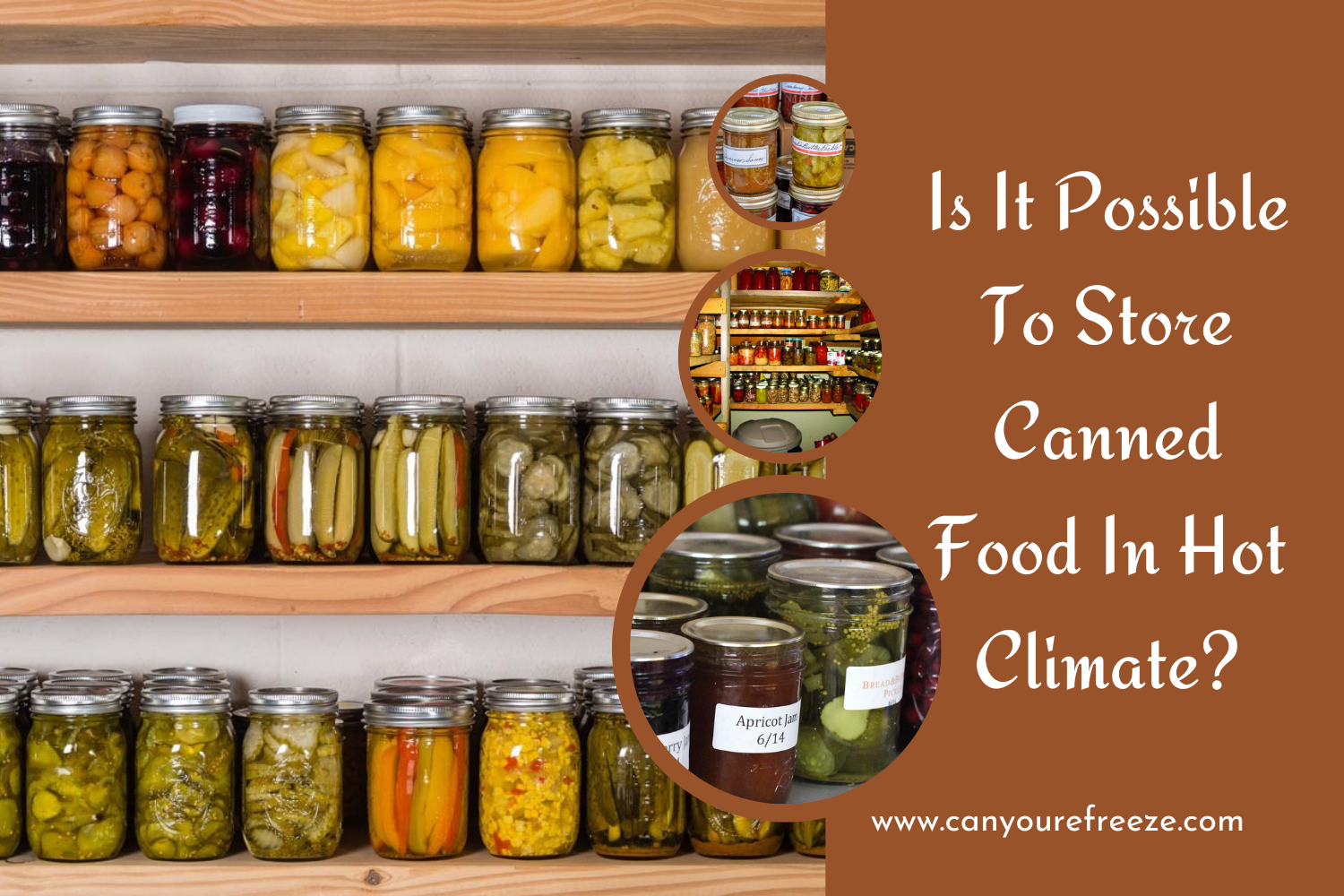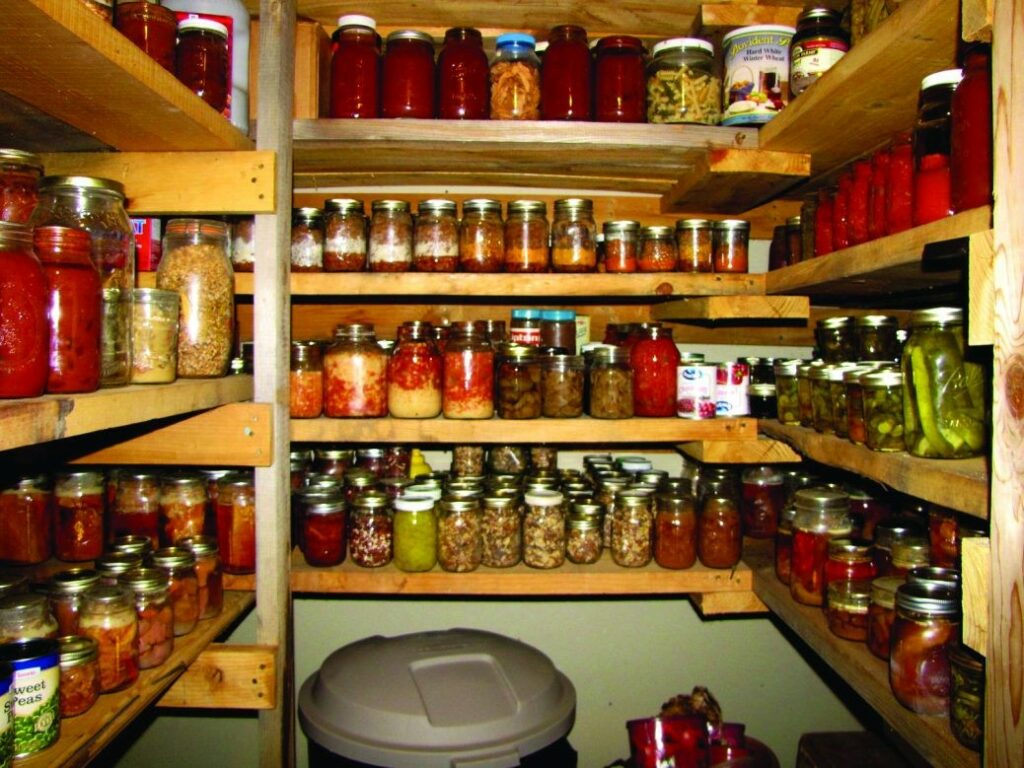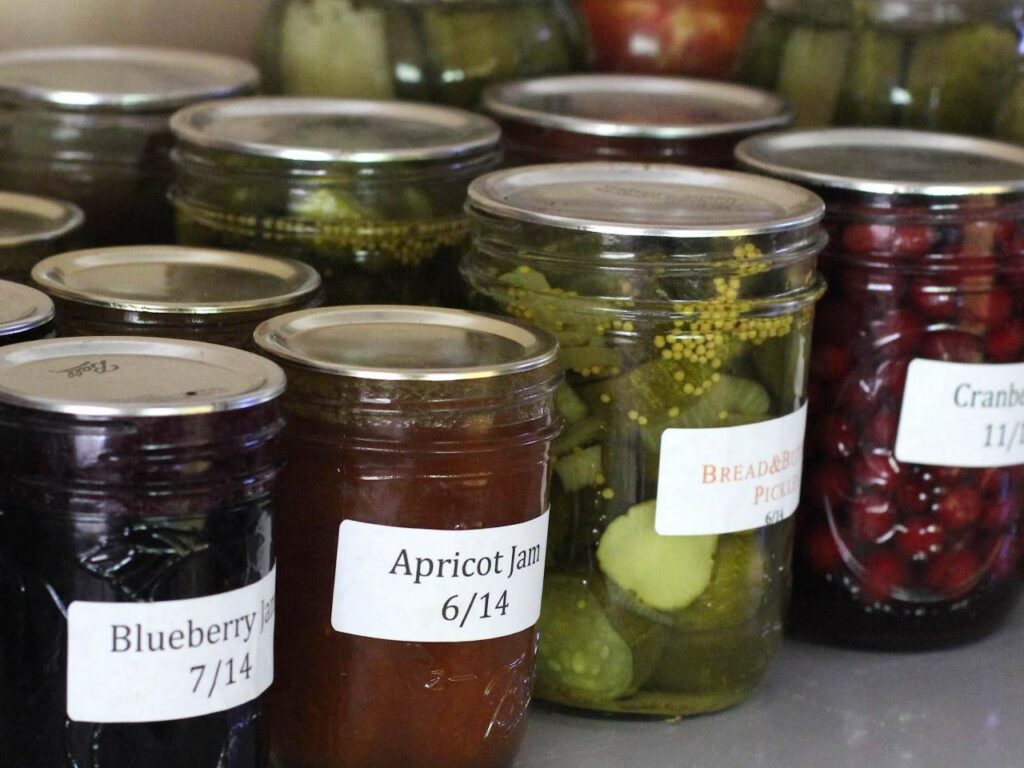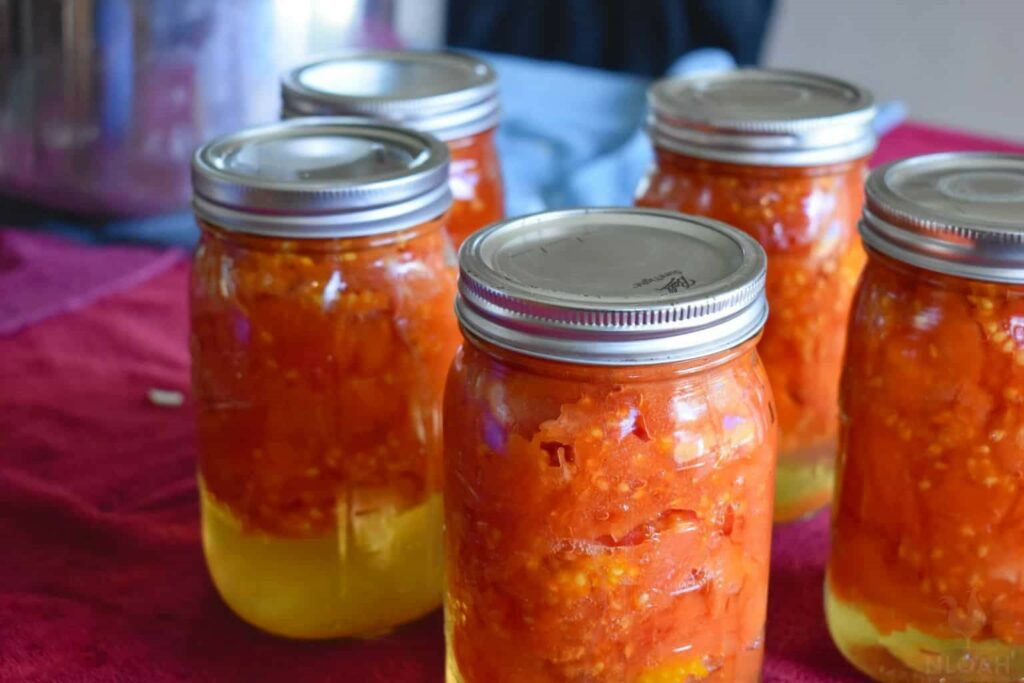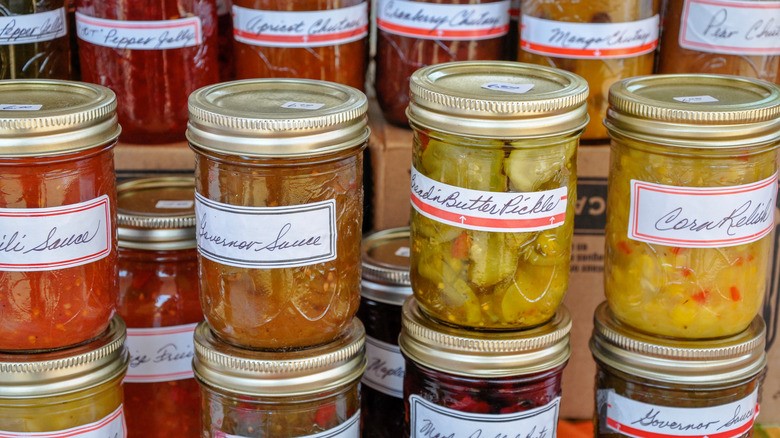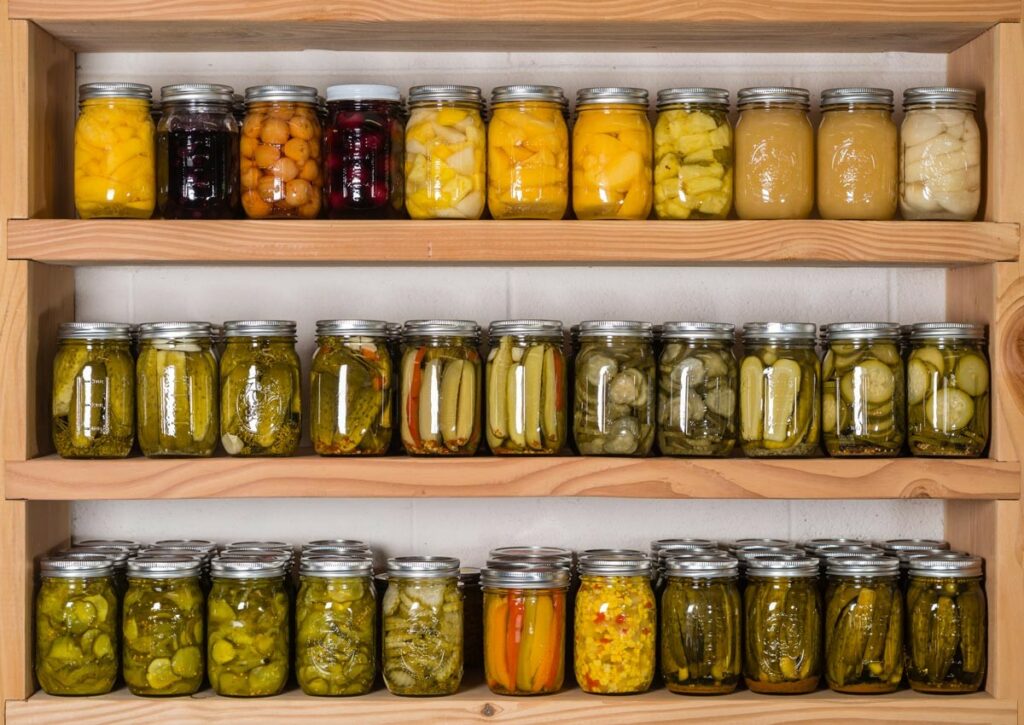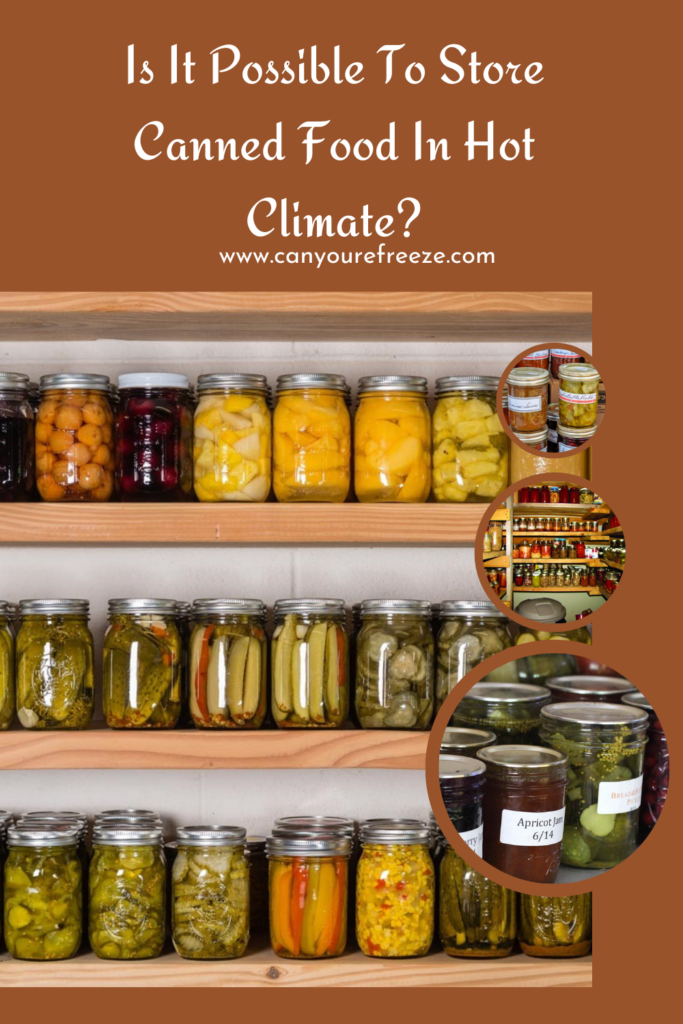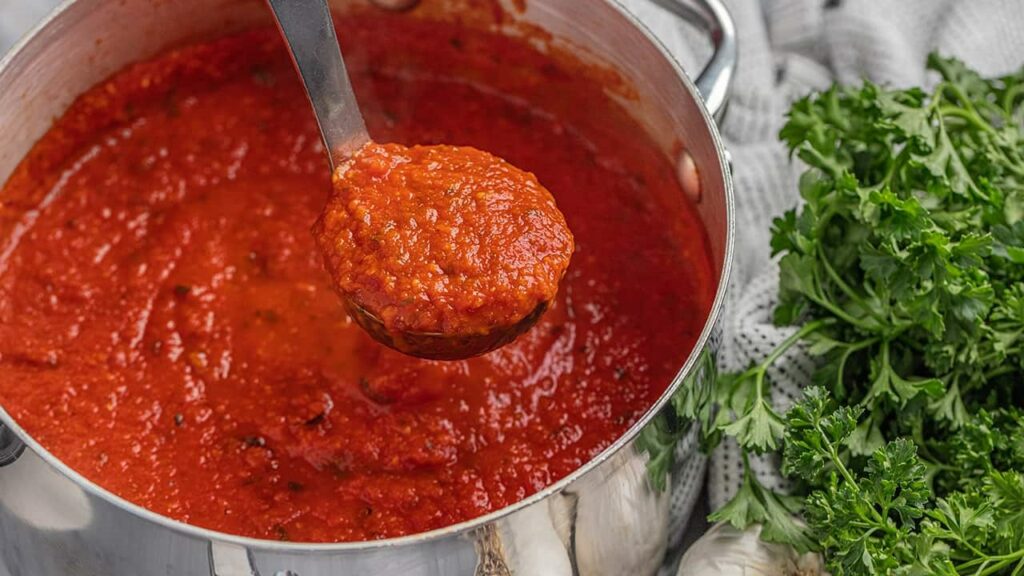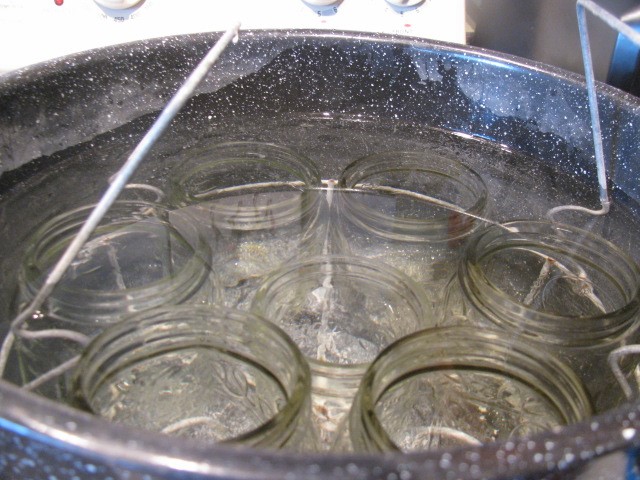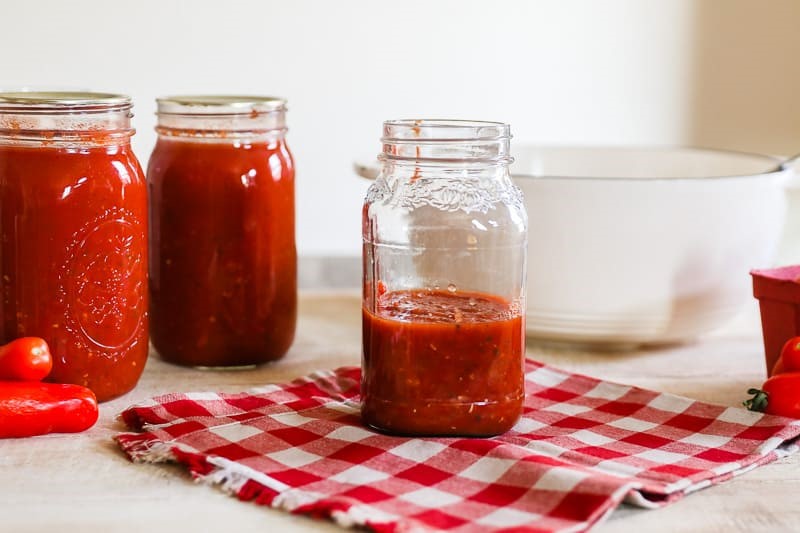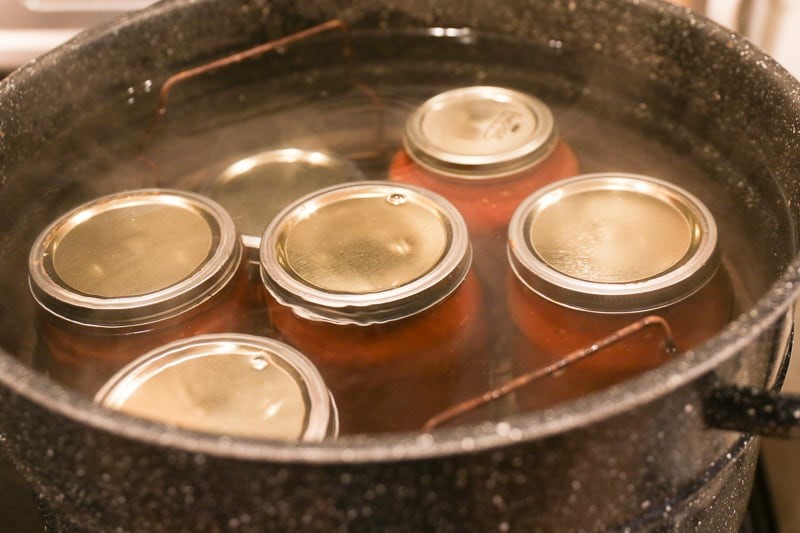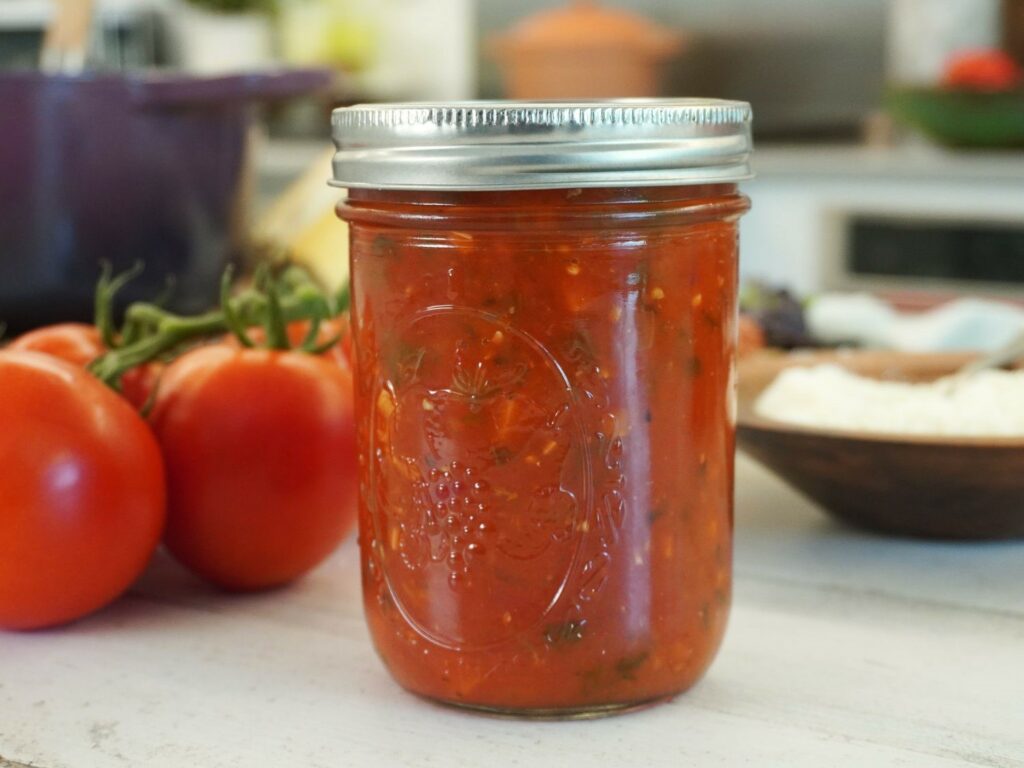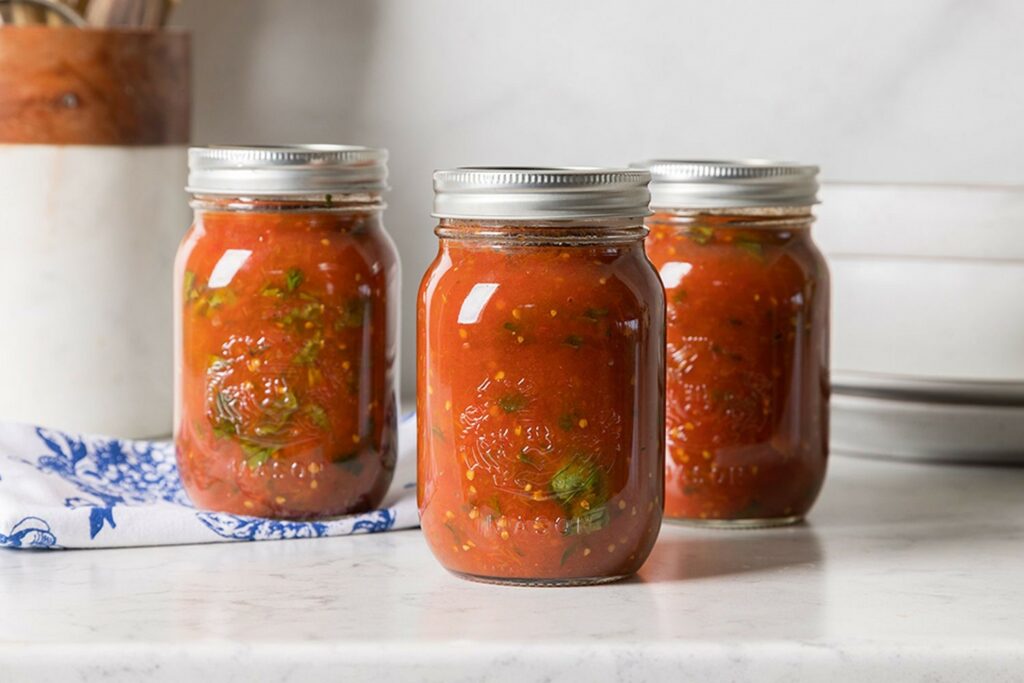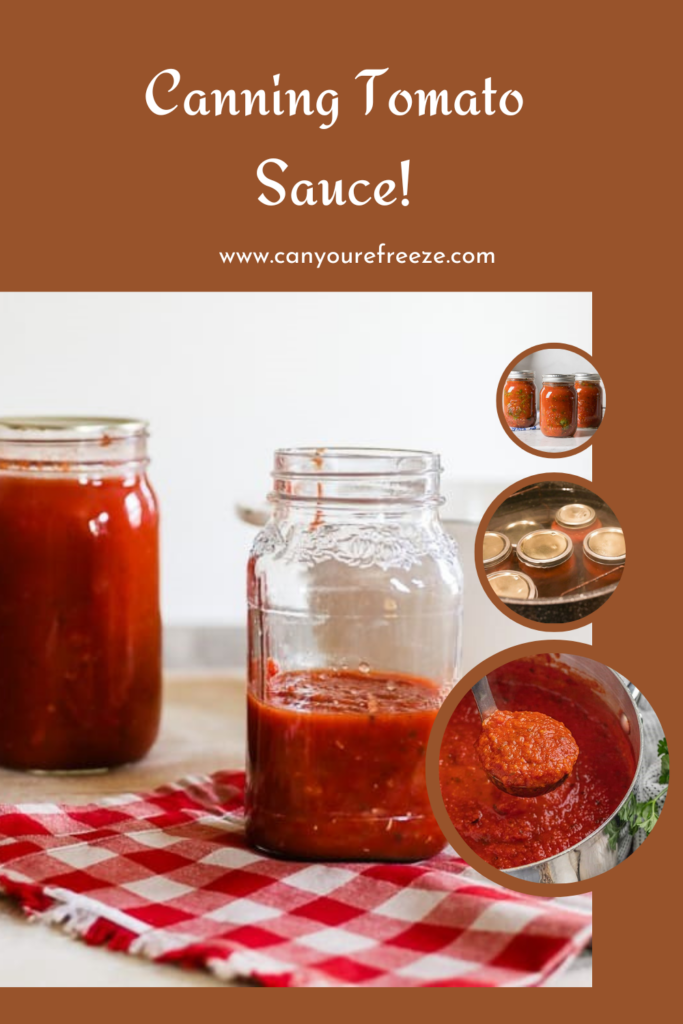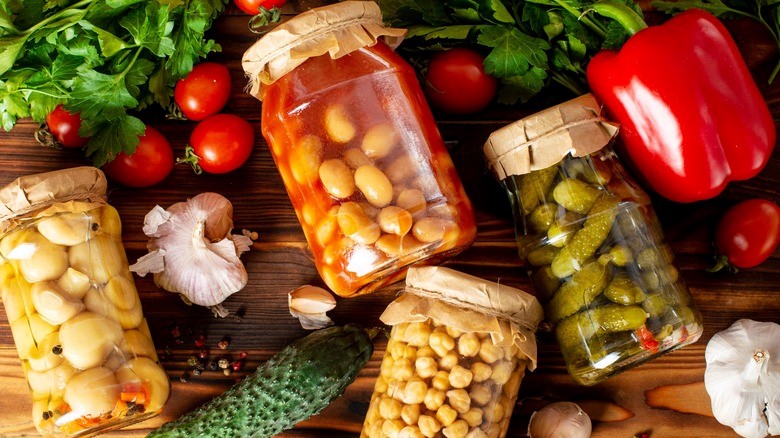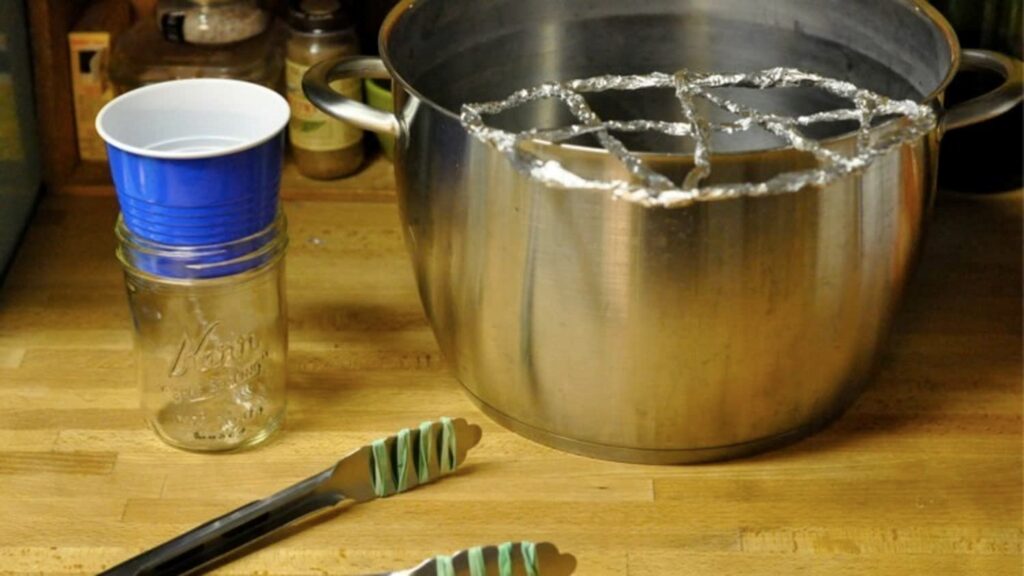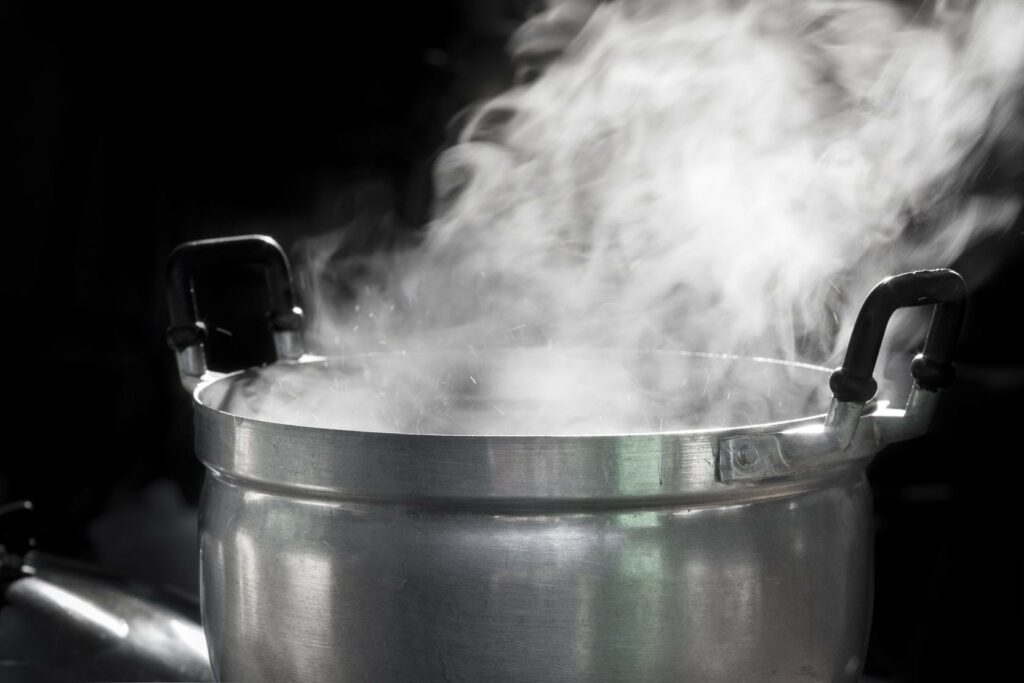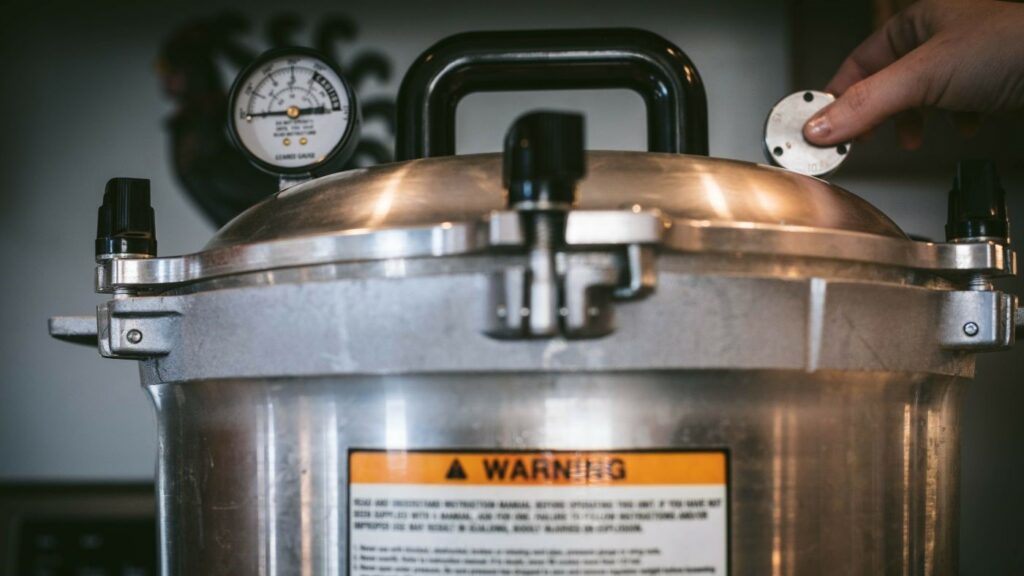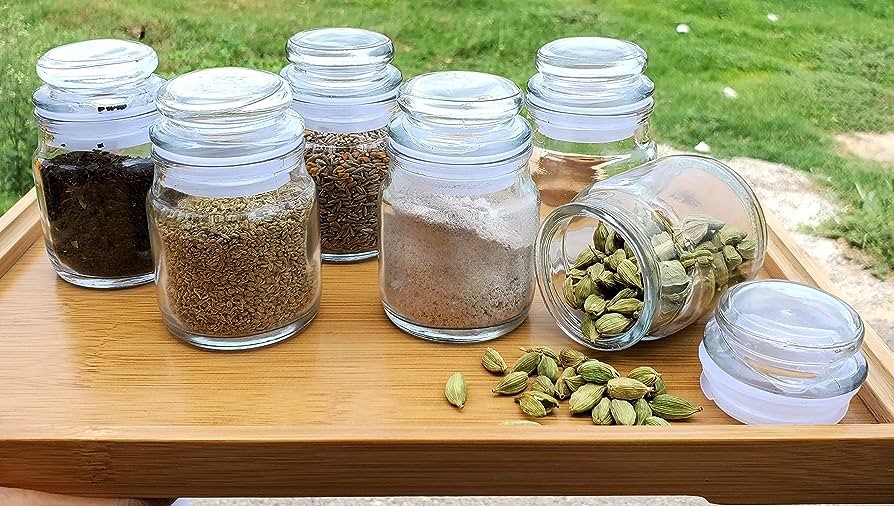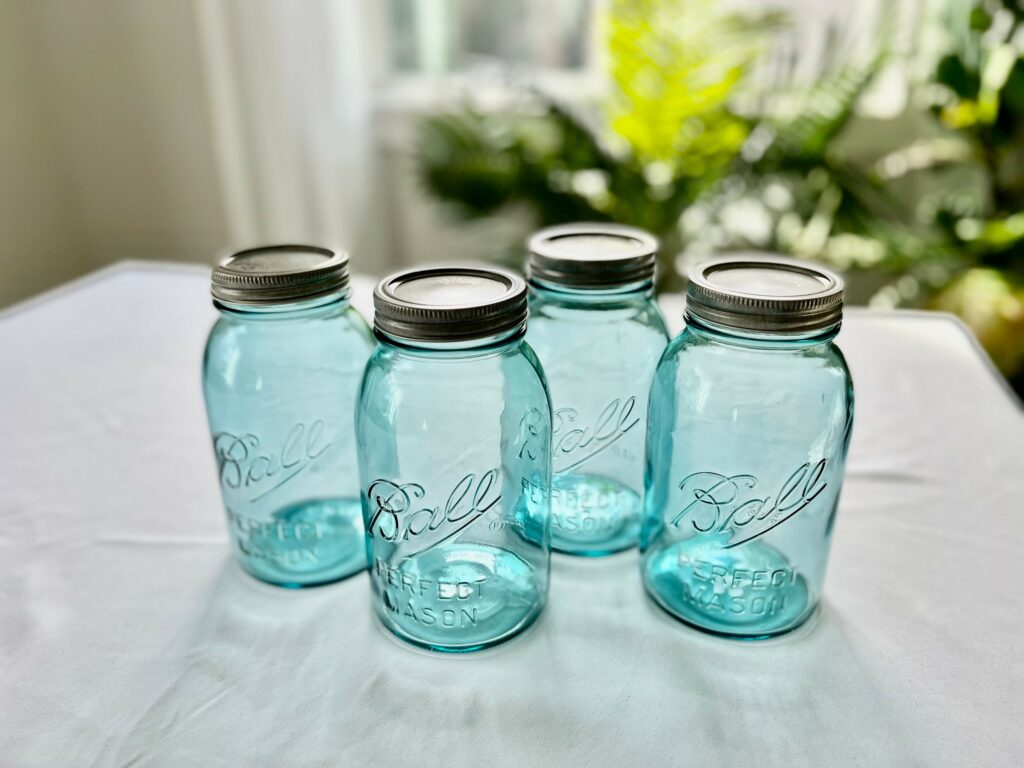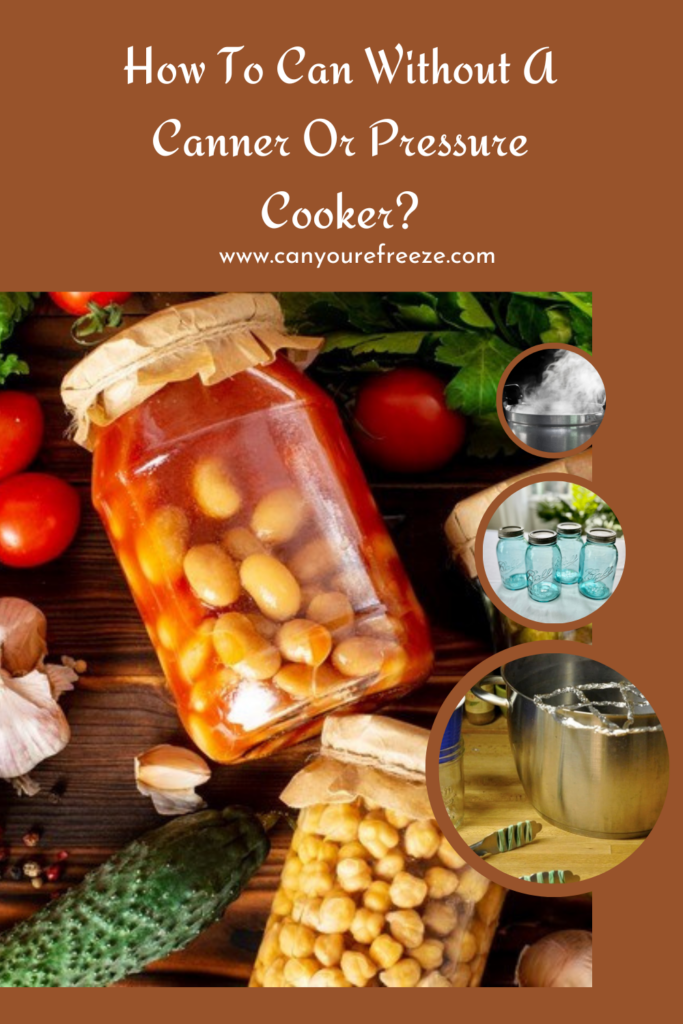Botulism In Food
Botulism is a serious life-threatening toxin that frequently develops in home canned foods when stored improperly. While there may be other reasons for botulism, it is a matter of fact that this can lead to a fatal illness.
Botulism can originate in raw food as well. This is because spores of bacteria primarily cause them in fresh food. These spores, however, get killed in the process of canning. But sometimes it can be the opposite, and canned food can also be affected by botulism.
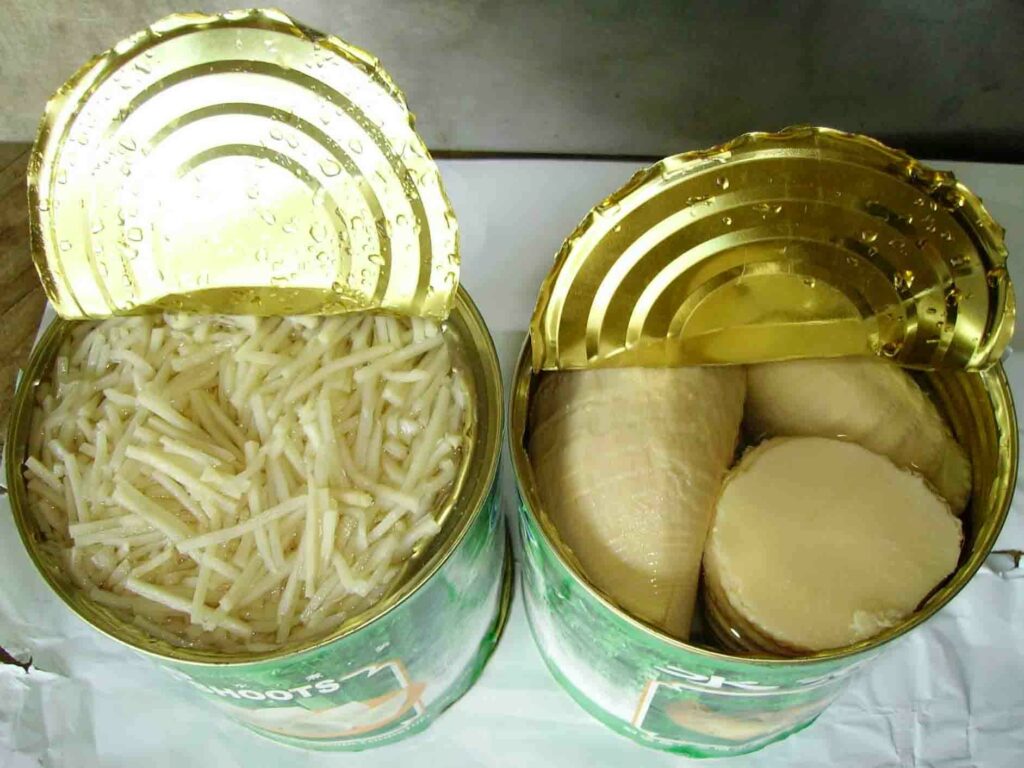
Predominantly two ideal factors could give rise to botulism- low oxygen and low temperatures. These conditions allow the spores to germinate and thus produce toxins. And this happens majorly in improper storage conditions of canned goods.
However, there is nothing to worry about. In this article, I have listed all the possible ways to test for botulism, its symptoms, how to kill botulism and other related topics that will be helpful for you. Read till the end to learn more about botulism in food.
How To Test For Botulism In Food At Home?
The signs of botulism in canned food cannot be correctly determined. This is because it is not visible on the food. The food might look the same when canned. But the following pointers can help you identify botulism to some extent:
- The container appears to be leaking or bloated.
- There might be unnecessary cracks in the jars.
- You find a bubbly layer on the food when you open a can.
- The food might change color or appear rancid.
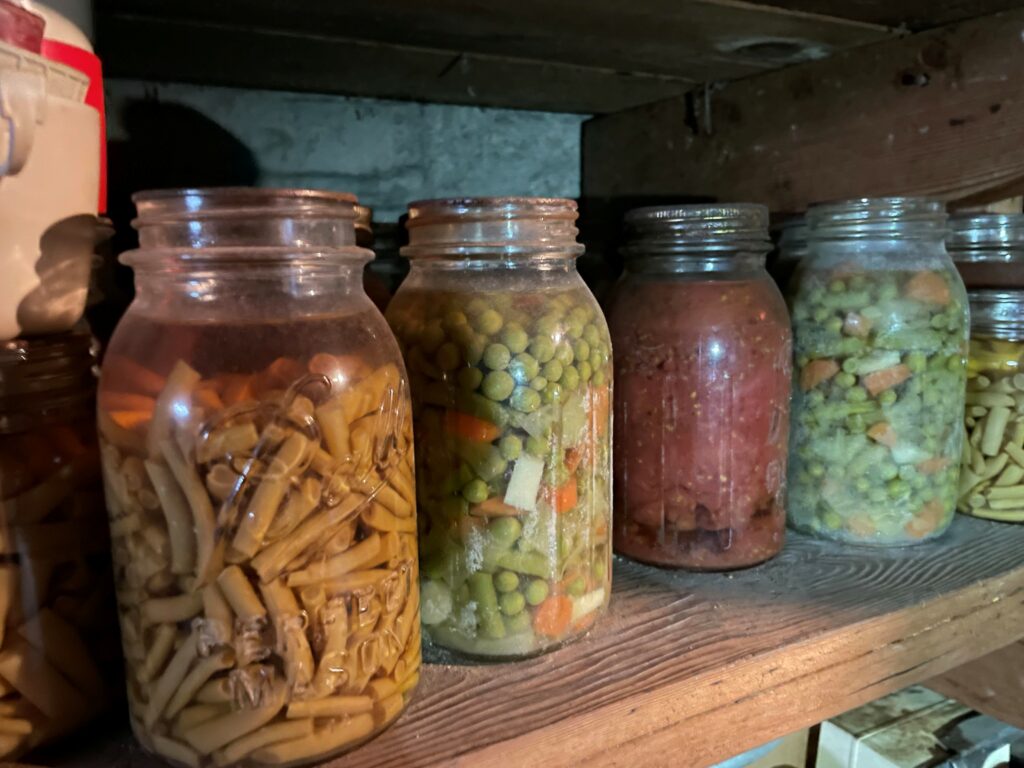
These are just a few ways to determine botulism. Remember that botulism lacks both taste and smell, therefore you should never attempt to taste the food. If you are in doubt, it is always a good idea to throw away the food.
Unfortunately, there are no perfect methods for testing botulism at home, as you would do in a lab. Therefore, look for the above-mentioned signs in canned food to check for botulism. And if you are still in doubt, throw away the food. It is anyway better than having symptoms.
What Are The Symptoms Of Botulism?
The symptoms of botulism vary depending on the amount of toxin consumed. Accordingly, it might take from hours to days to show up. Following are a few possible symptoms of botulism that are most common:
- Difficulty in speaking or swallowing
- Dryness in the mouth
- Blurry eyesight and drooping eyelids
- Vomiting and nausea
- Breathing troubles
How To Prevent Botulism in Food?
Because botulism is not very common, a few extra steps can easily help you to prevent it. And these are safe methods to keep your food fresh and flavorful. Check out the following steps to prevent botulism effectively:
- Using high-quality and freshly produced foods that are free of molds
- Thoroughly run the fruits and vegetables under running water to prevent spoiling
- Adding lemon juice or vinegar to acidify the stored food items
- Maintaining an adequate temperature while pressure canning low-acid foods
- Sterilizing the canning jars adequately so that there is no chance of food spoilage
- Storing the canned food items in a cool and dark place
- Refrigerating the opened canned foods
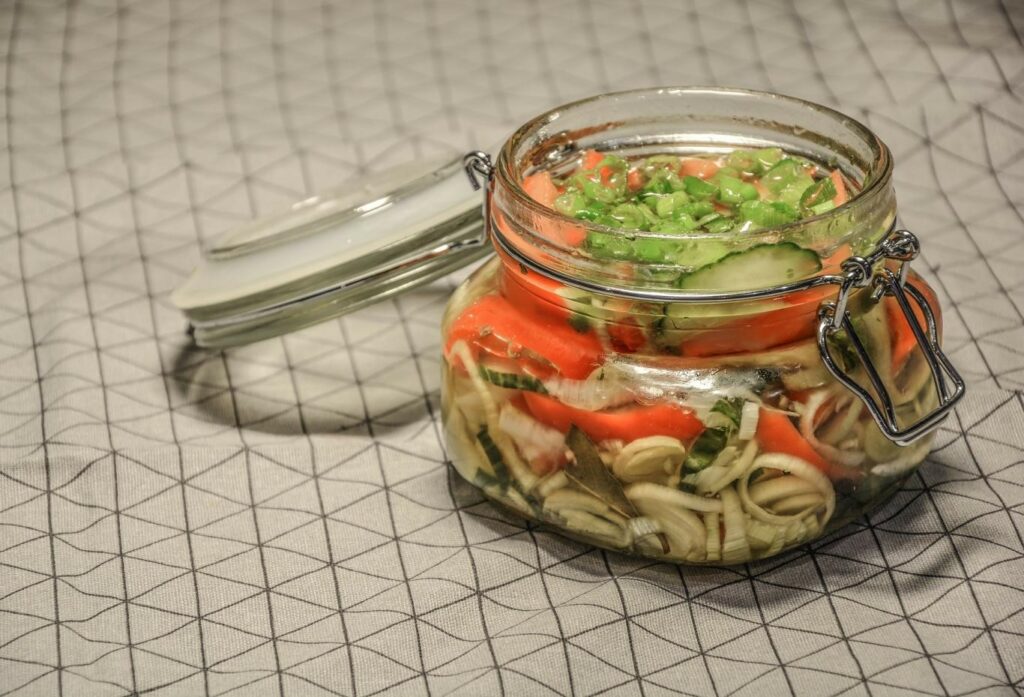
Can You Cook Out Botulism?
Yes, you can induce high temperatures like cooking and boiling to kill botulism. But that is only possible when the spores of the bacteria have not highly affected the food. If the food has spoiled, cooking will make no difference.
Know that high temperature is a botulism enemy, therefore it is always a good idea to prevent the same. For instance, processing the canned jars in adequately hot and boiling water always works to keep away botulism in food at home.
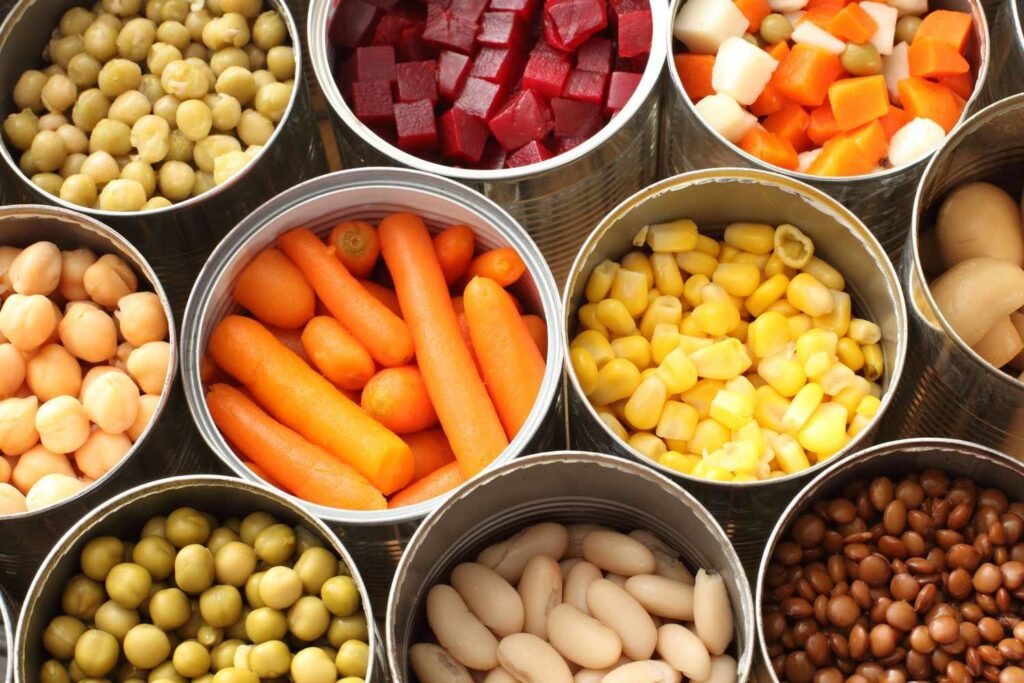
Is It Safe To Consume Home Canned Food?
You might be wondering if your home canned food might be affected by botulism. But as mentioned earlier botulism is rare and only occurs if you are following a wrong canning or storage process. Home canned foods are safe.
Therefore, as long as your canning processes and storage techniques are accurate and adequate, there is no chance your food will spoil. But yes, it is always better to check for the jar shape and signs of spoilage for safety.
Summing it up, that was all about botulism and its do’s and don’ts. I hope this article was helpful for you to determine what you should do with your canned food if by any chance it is affected by bacterial spores. Just be careful while checking for botulism.
